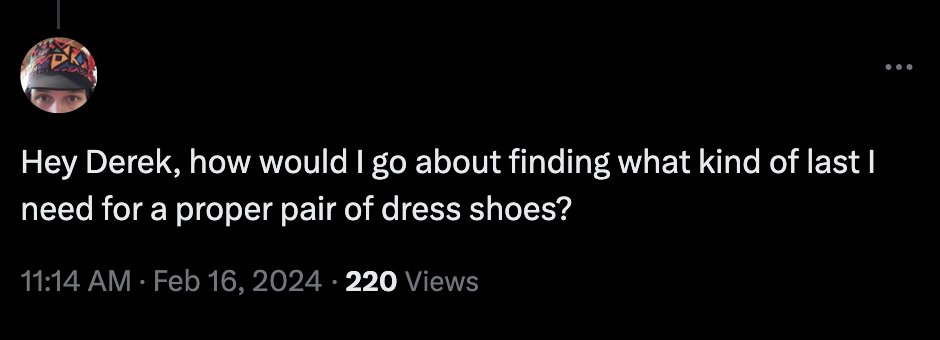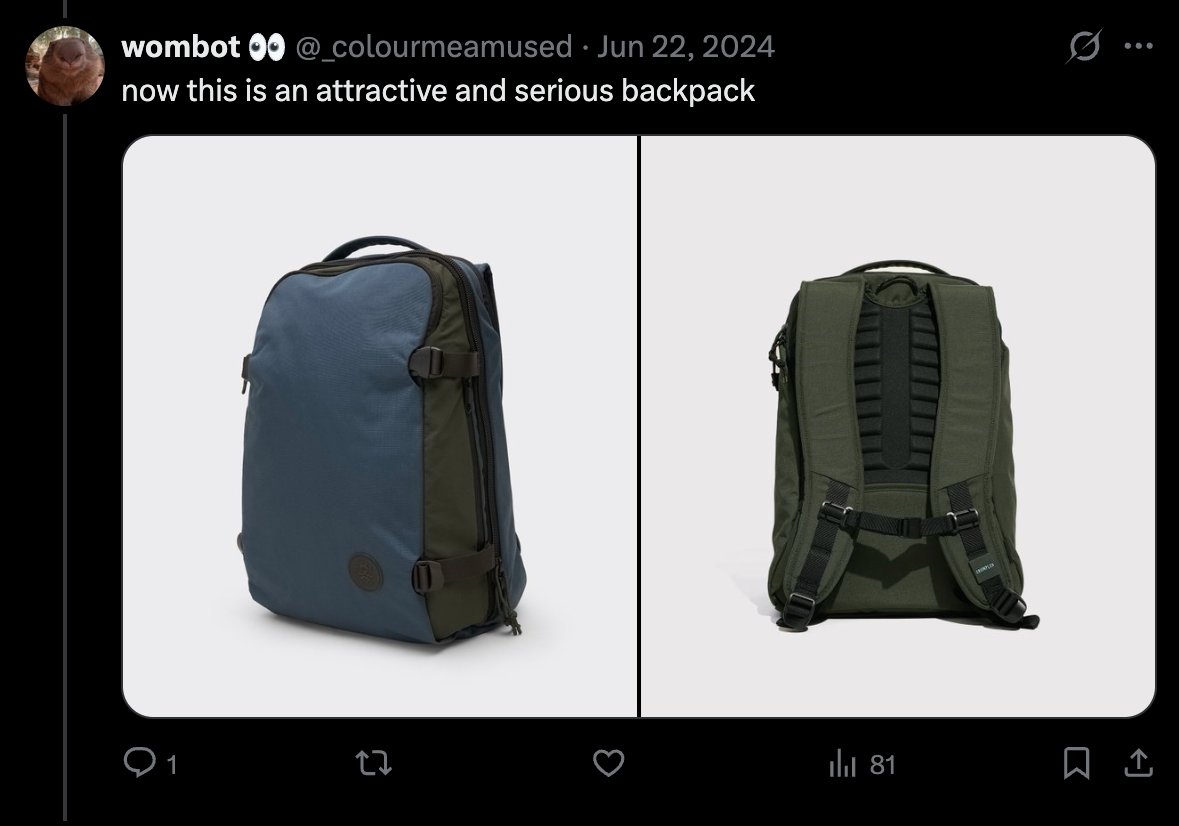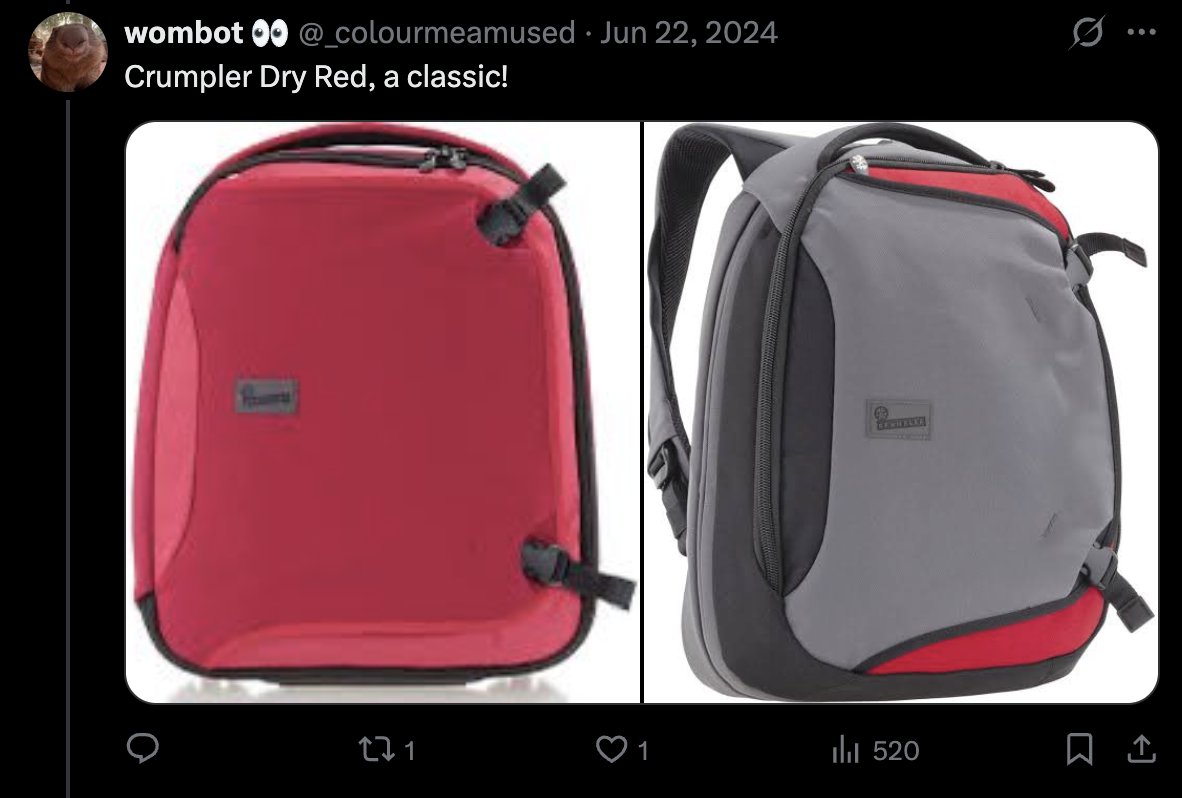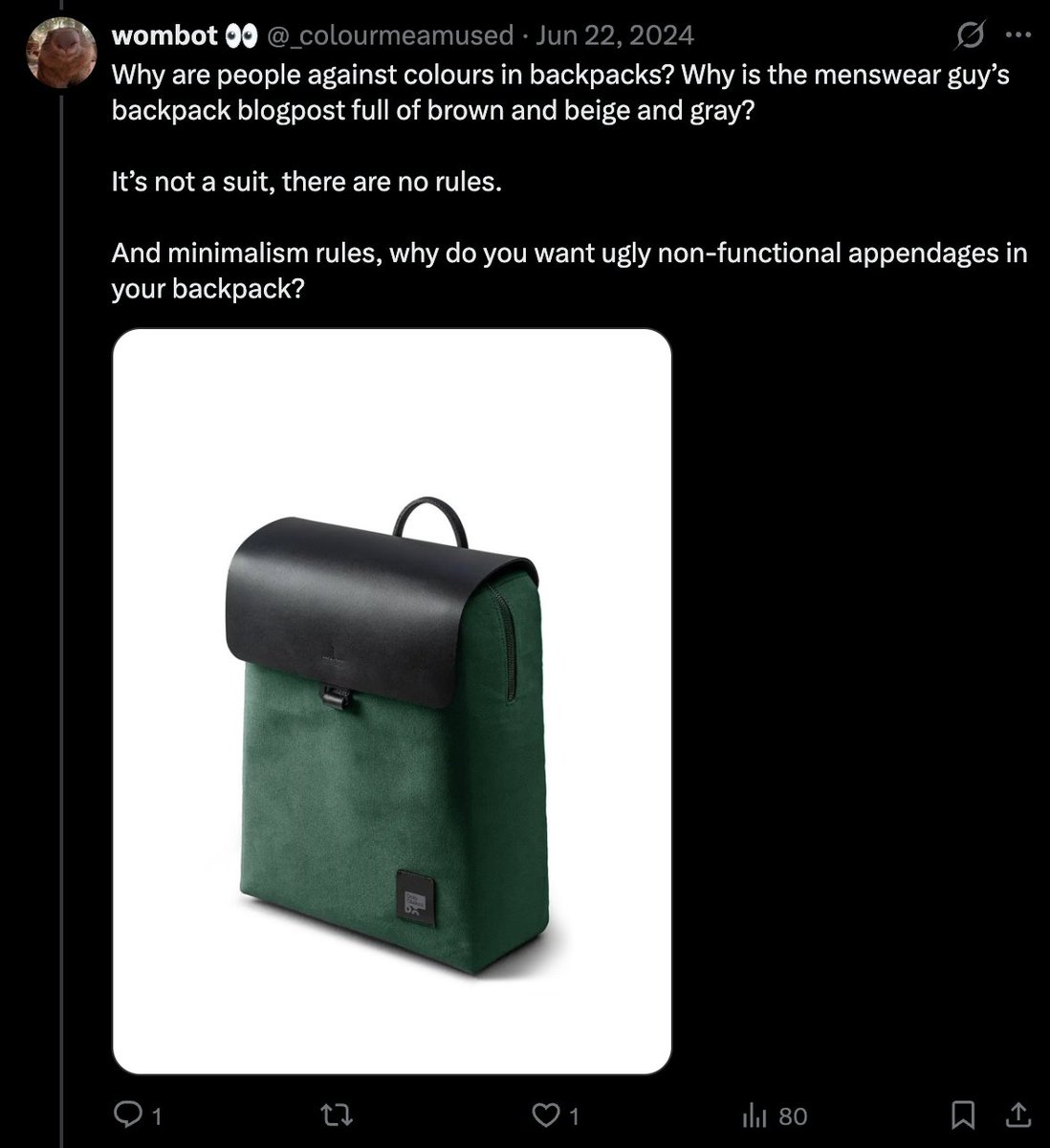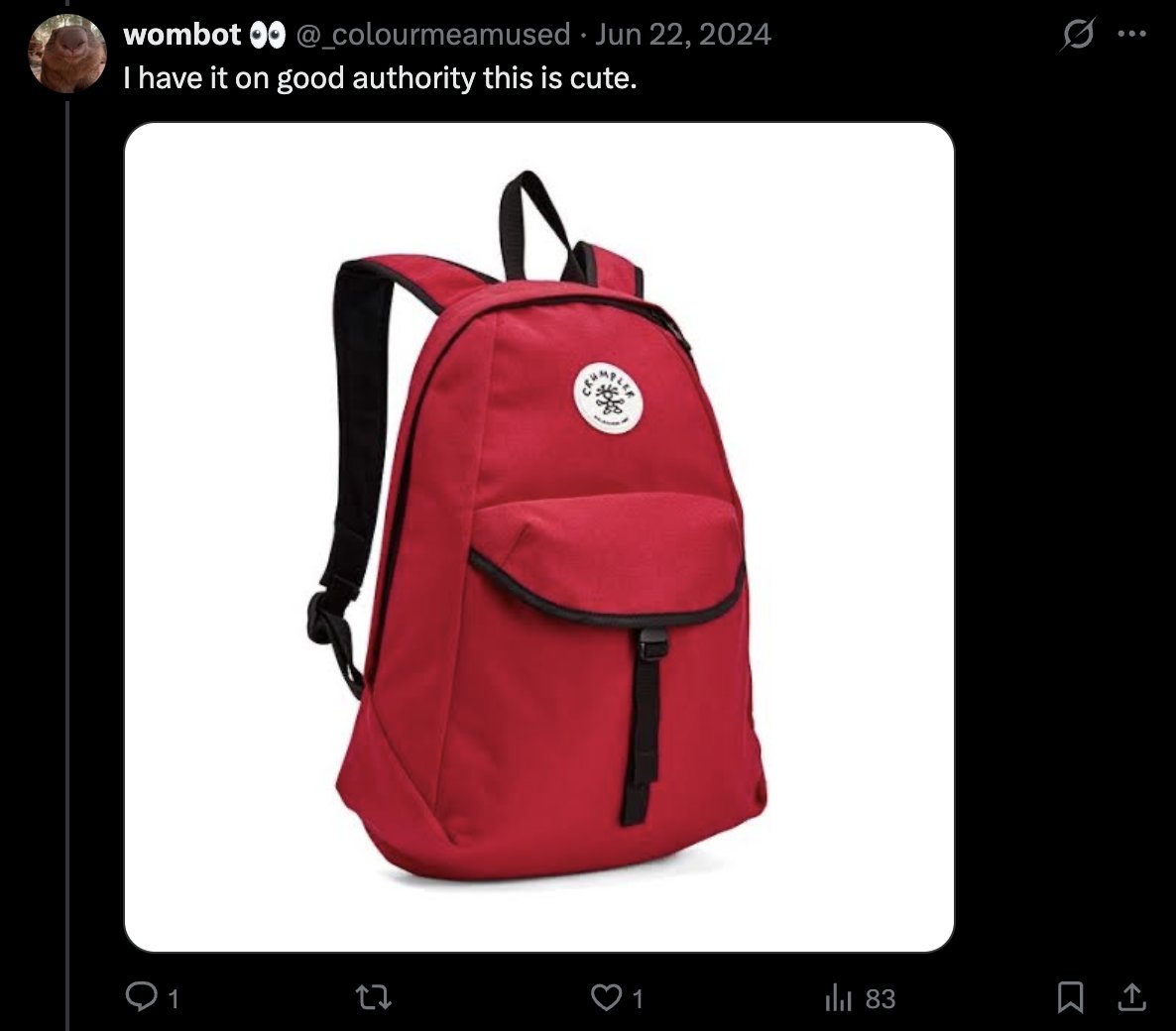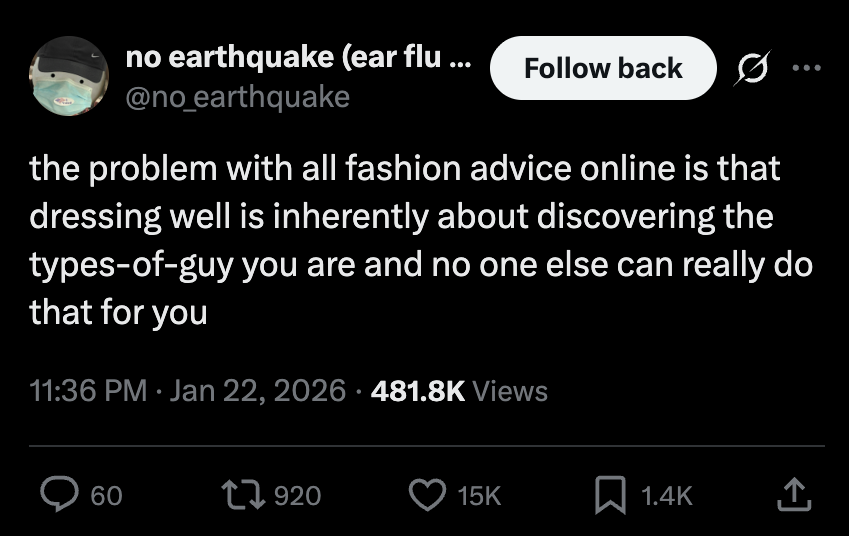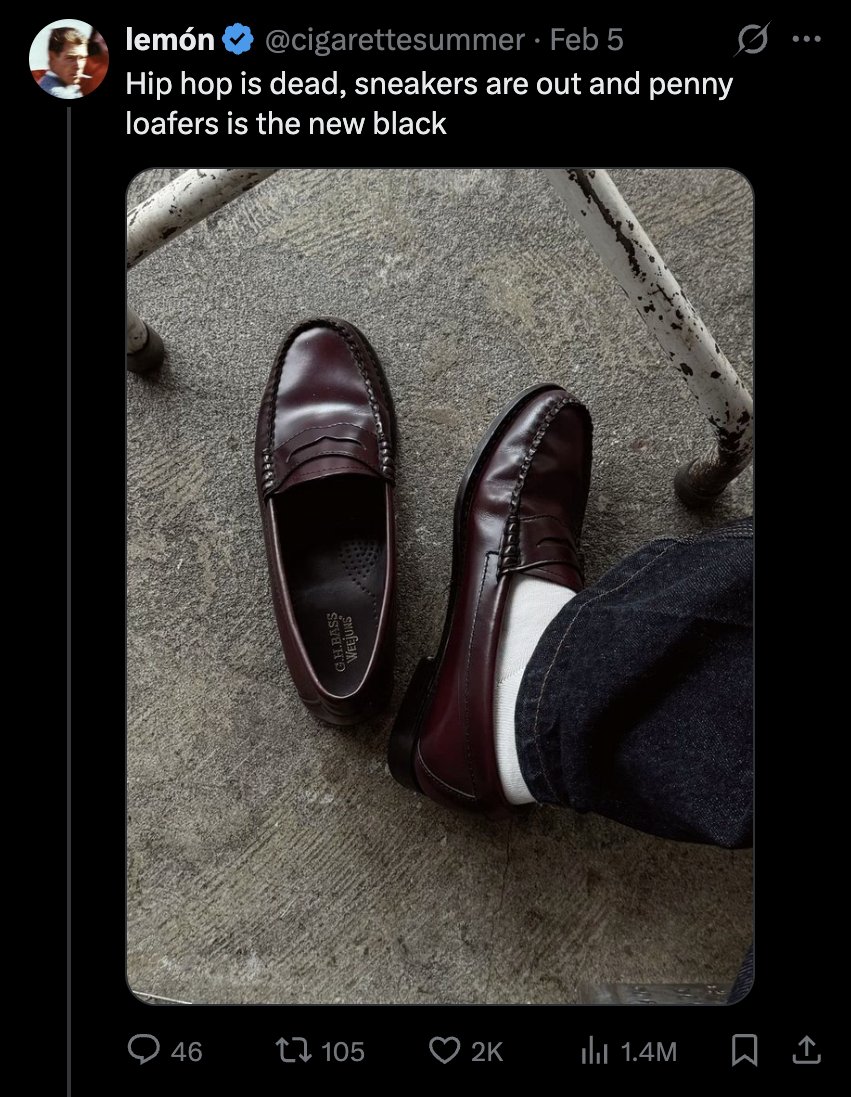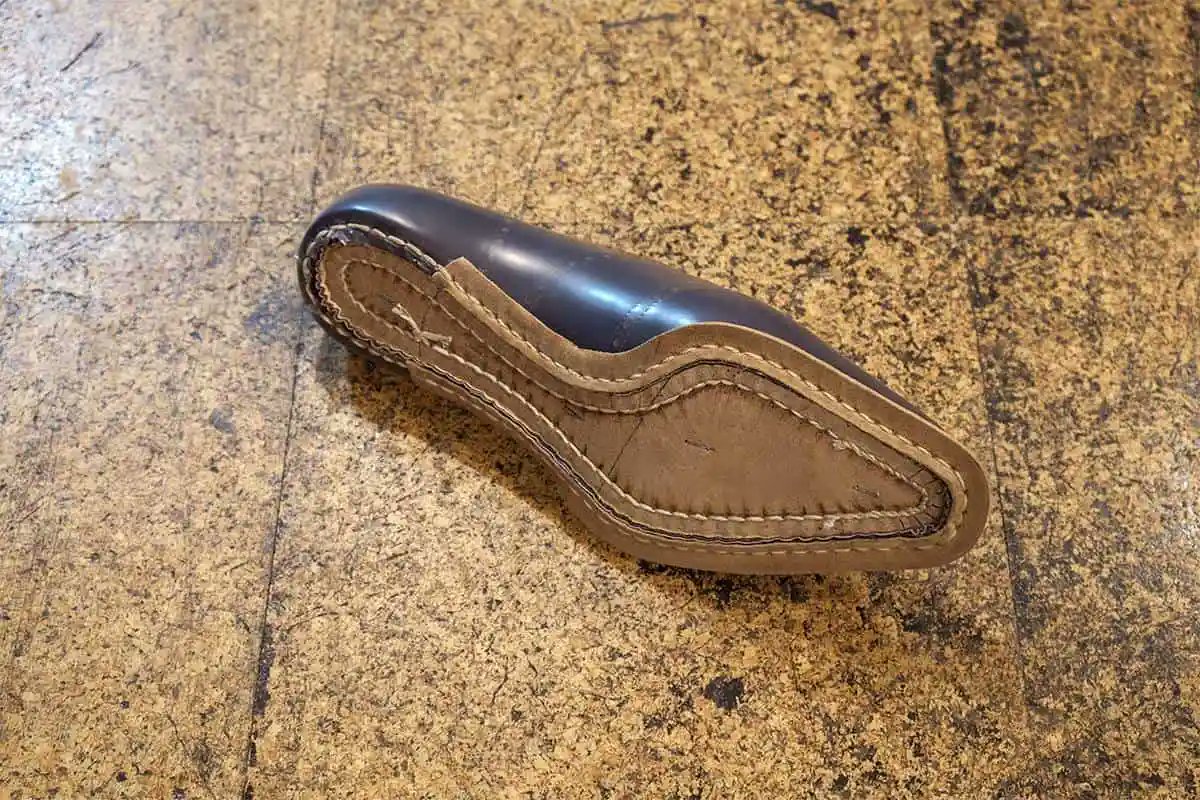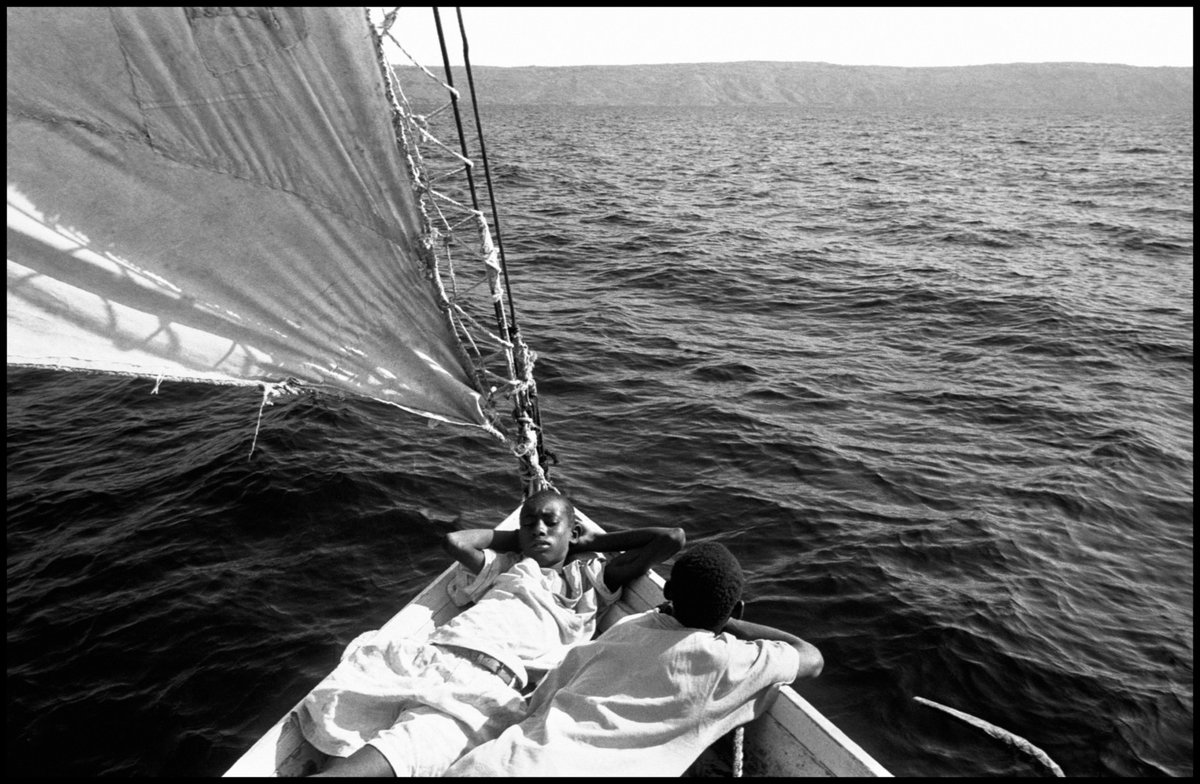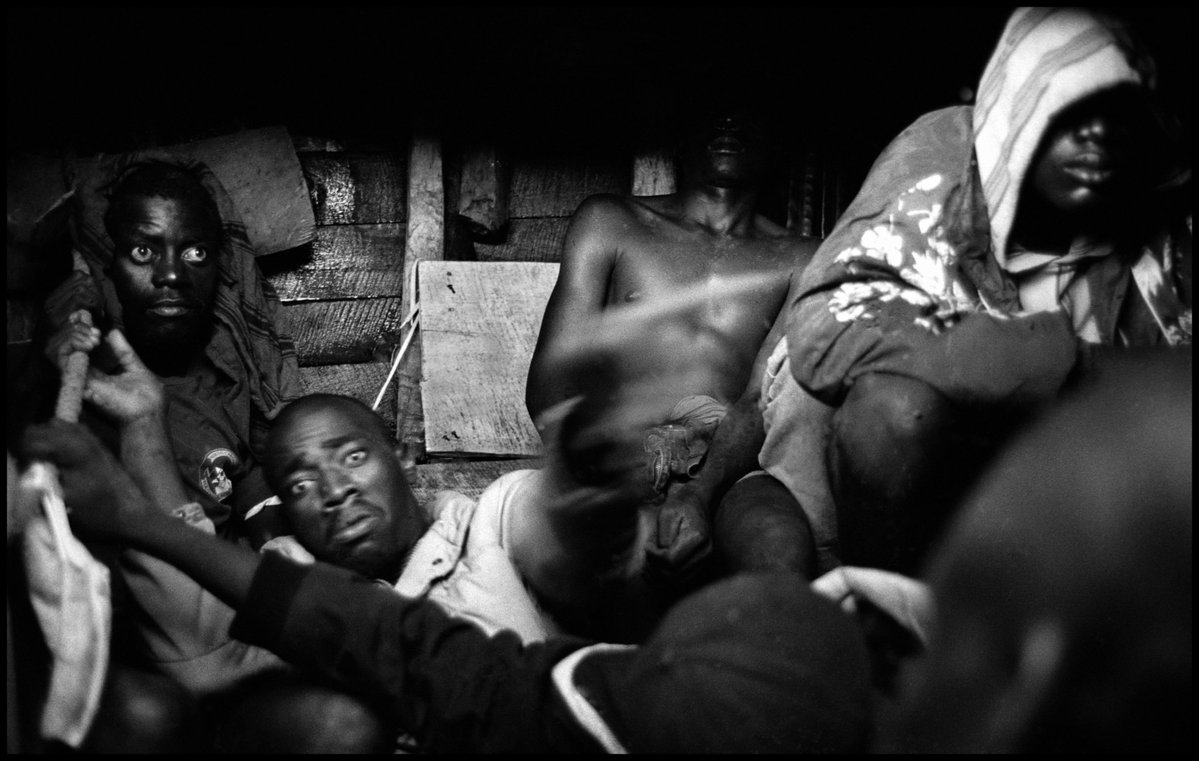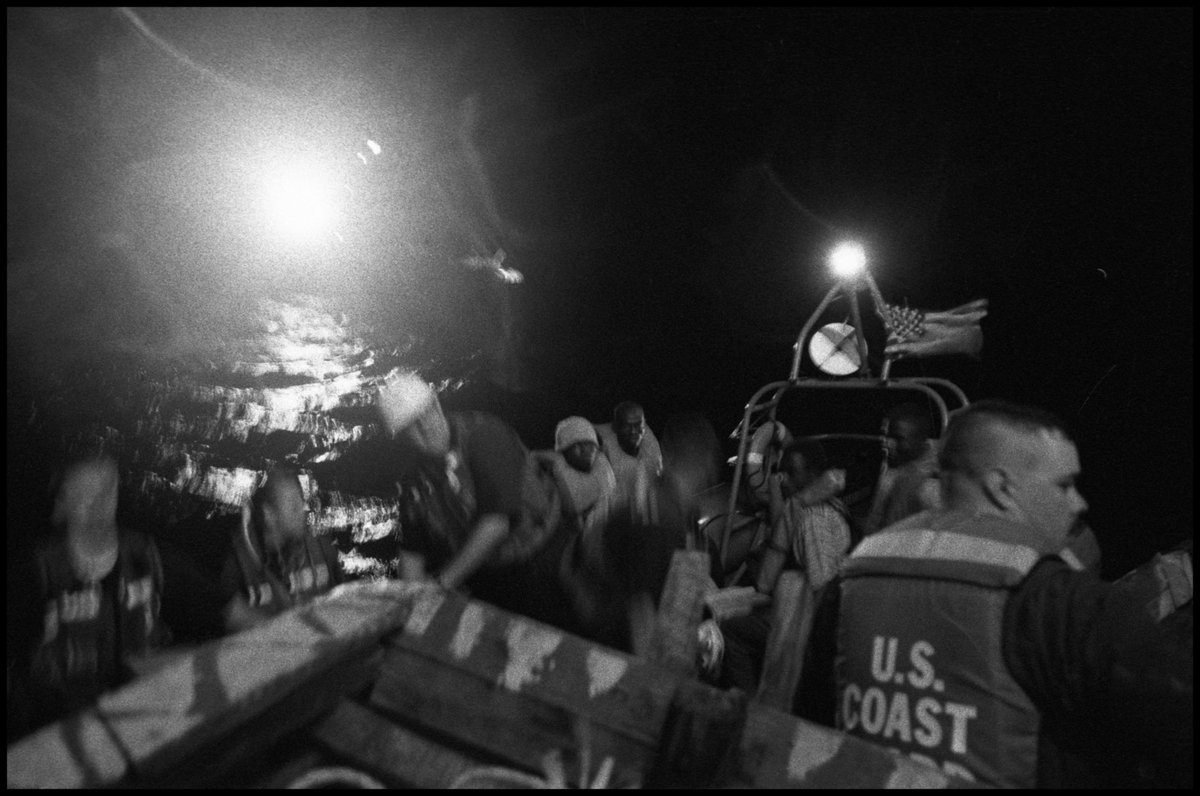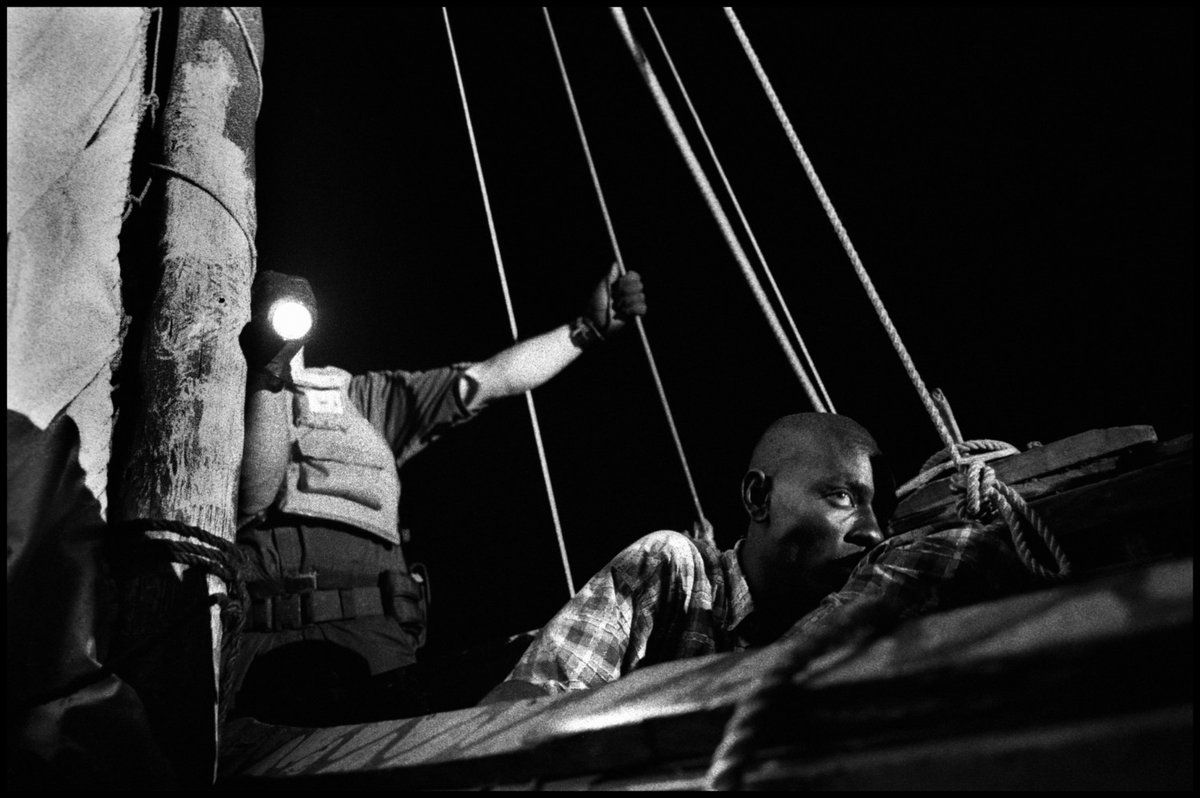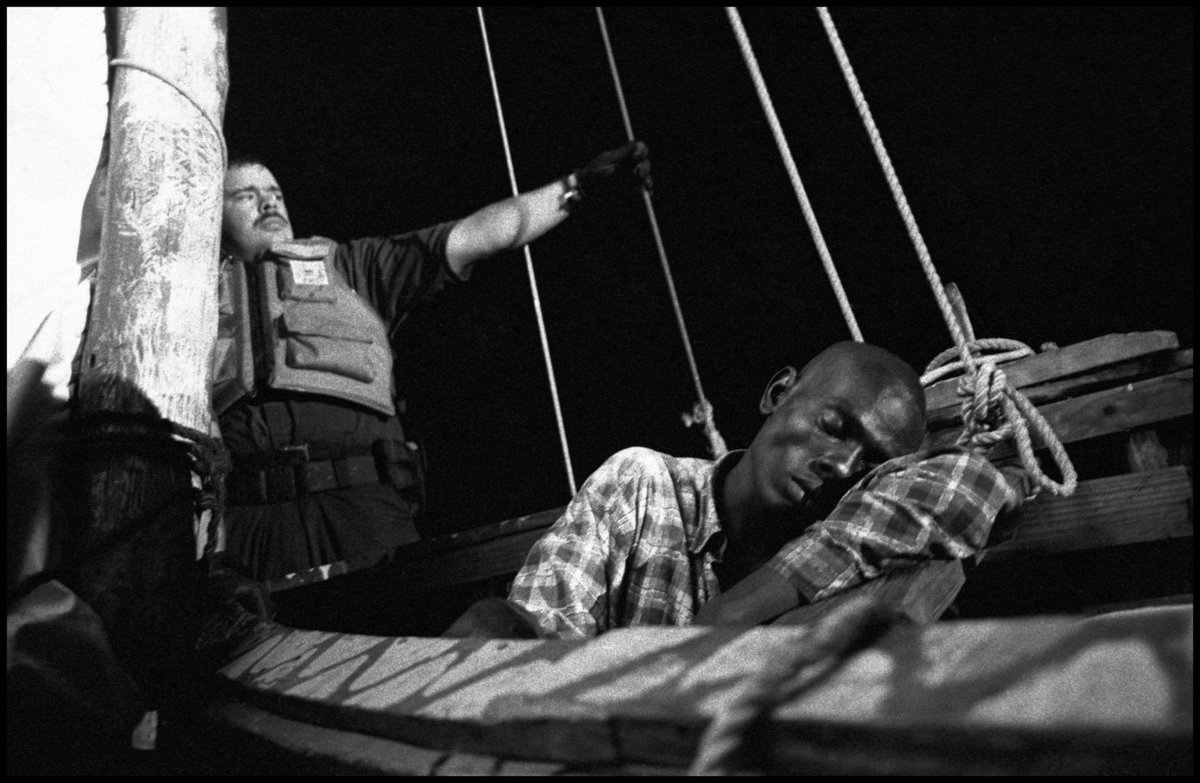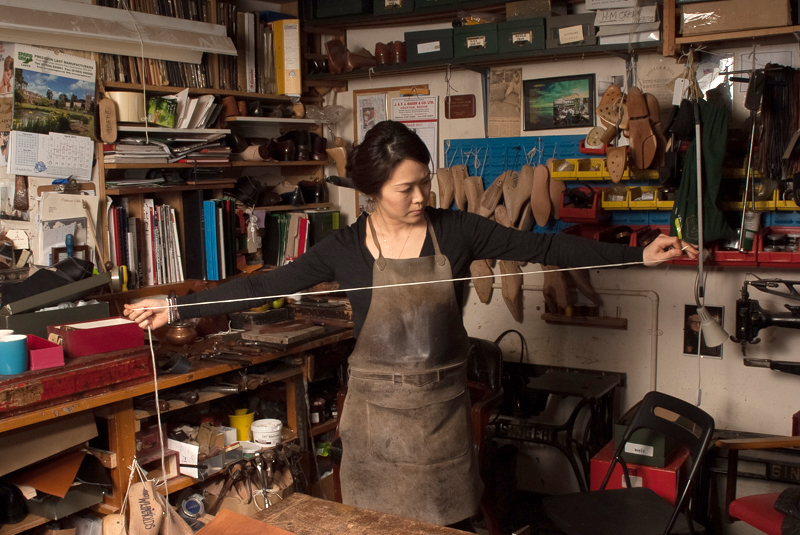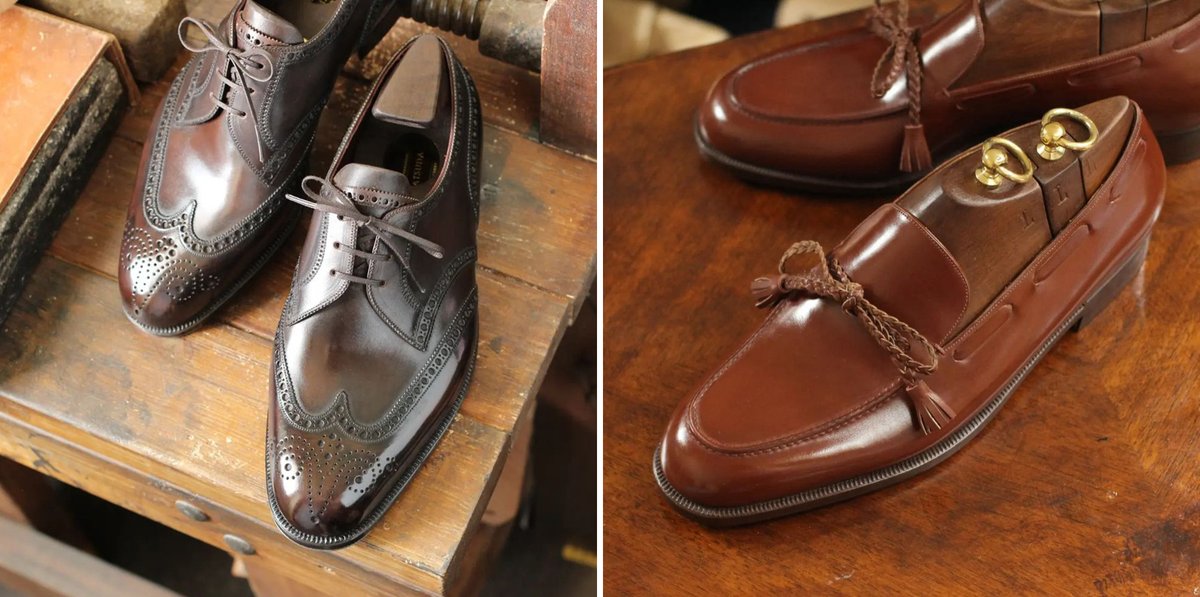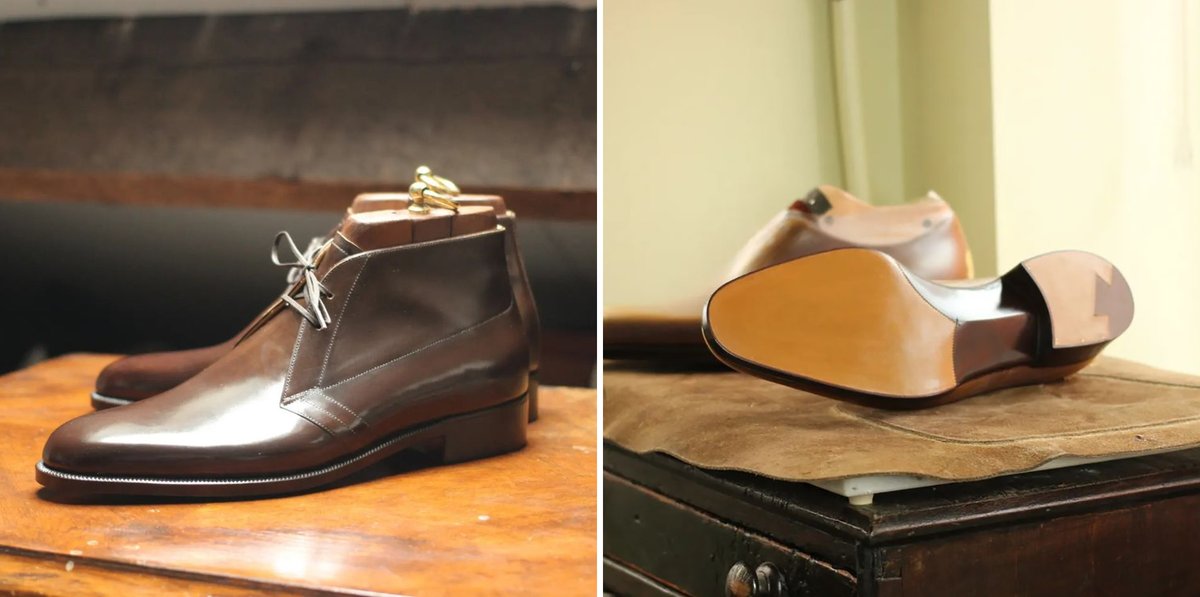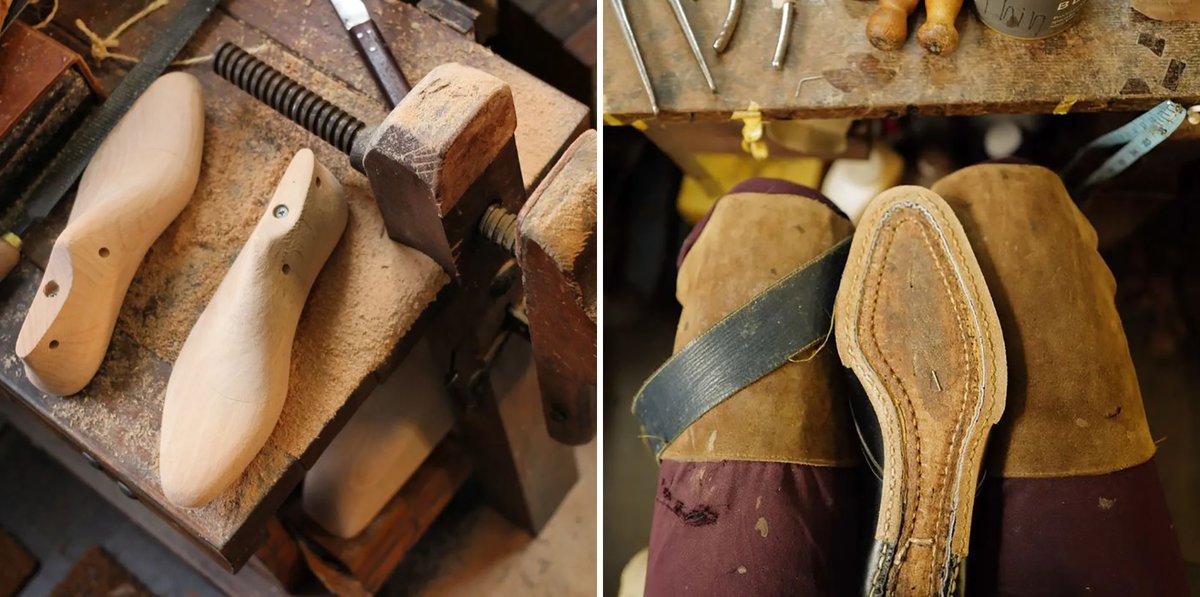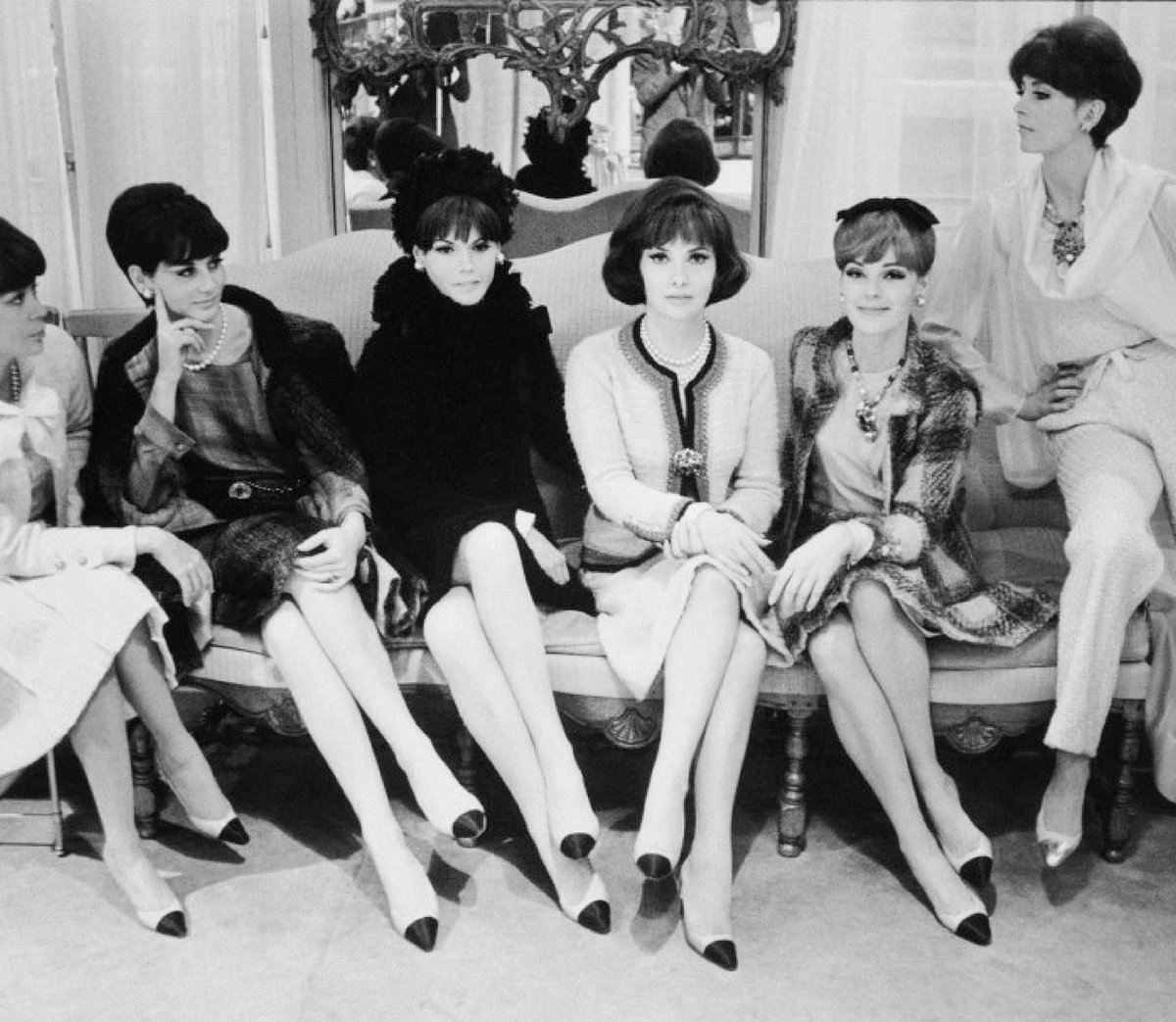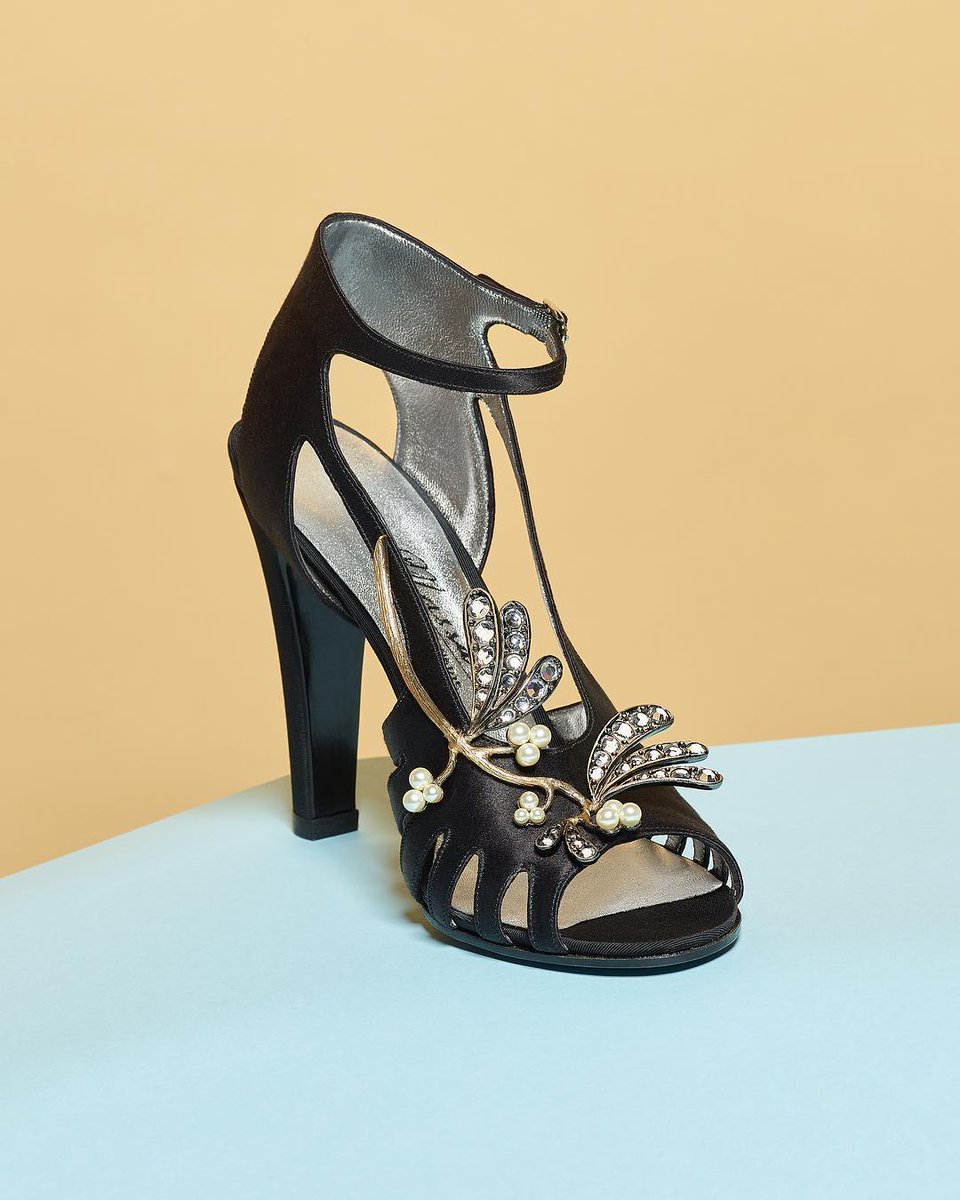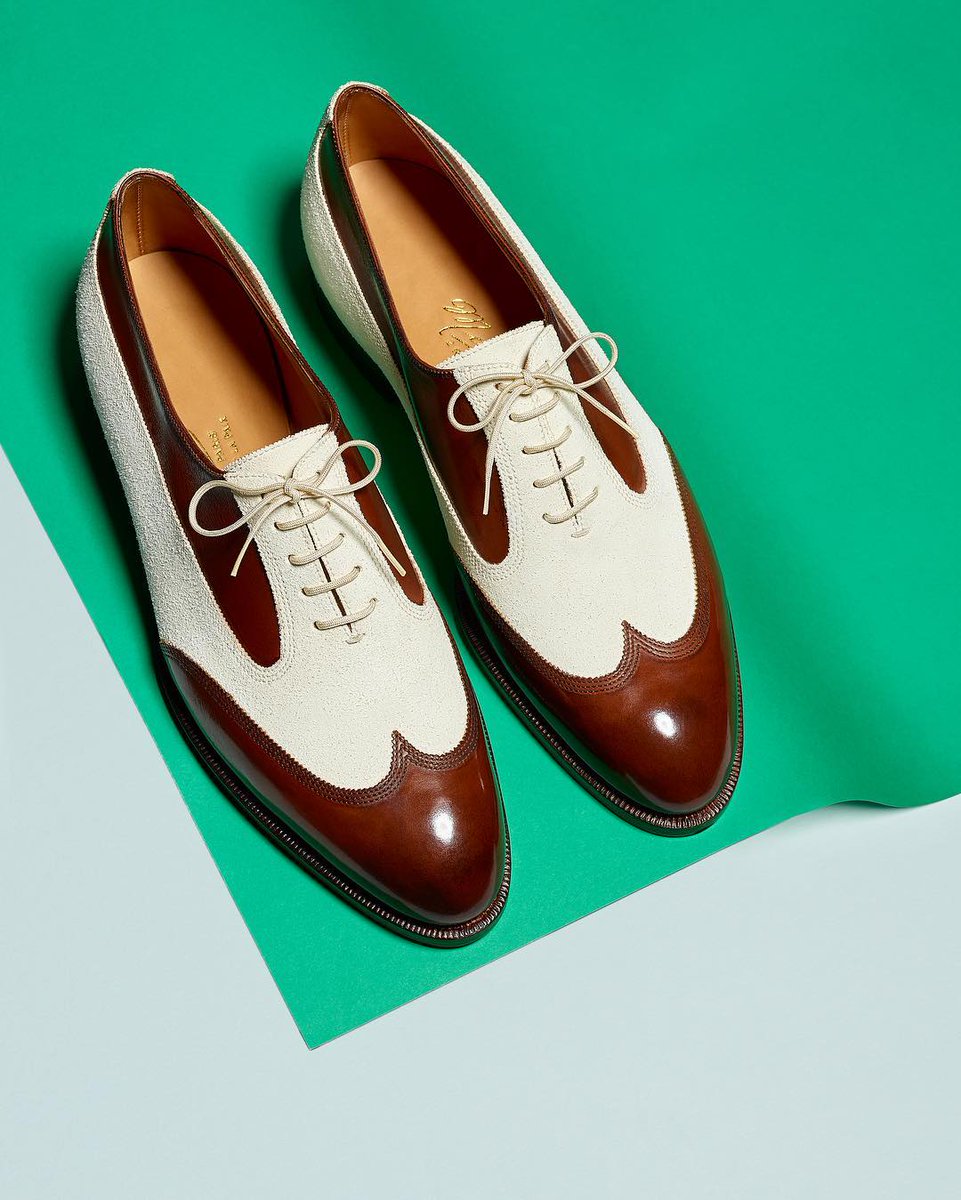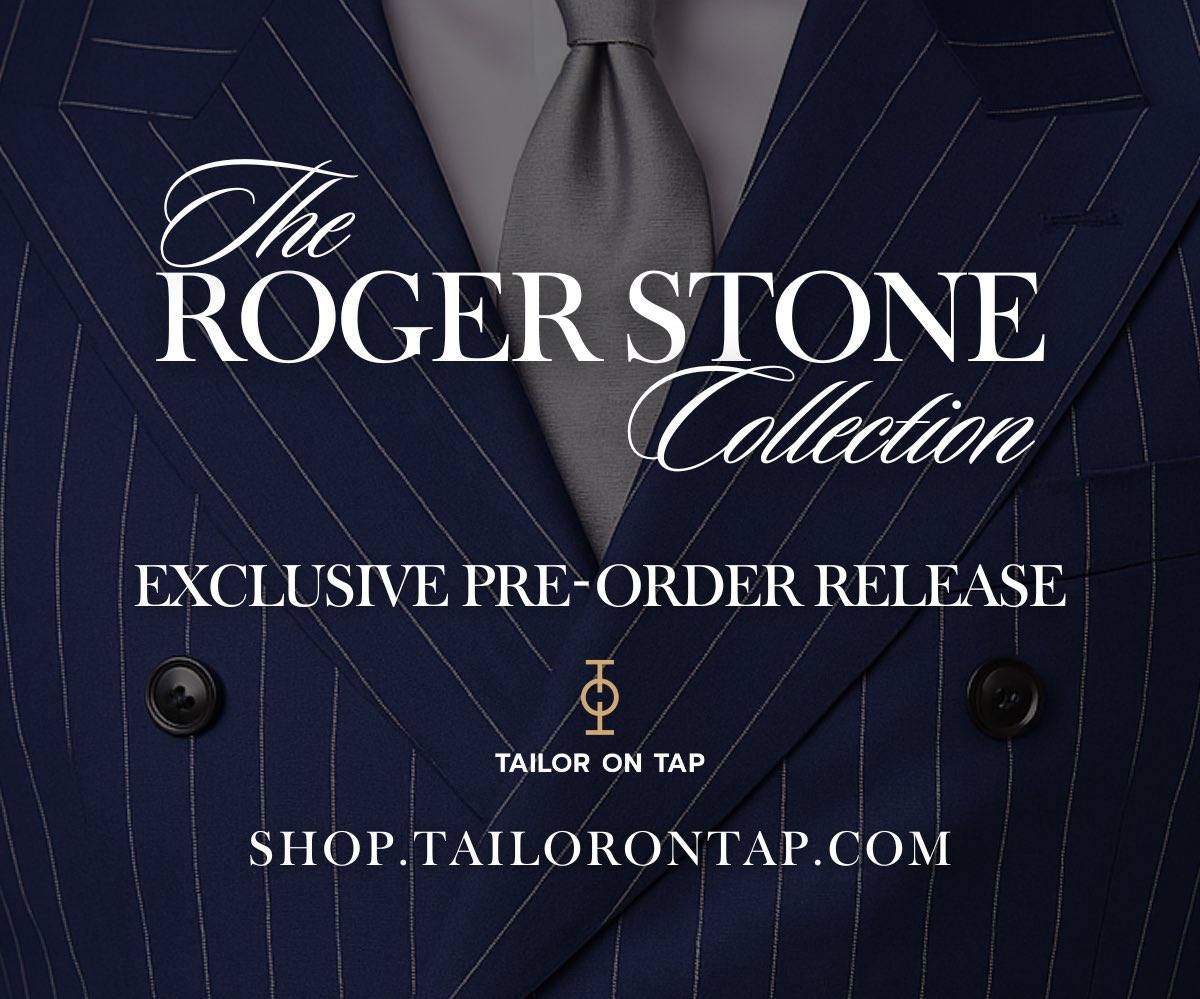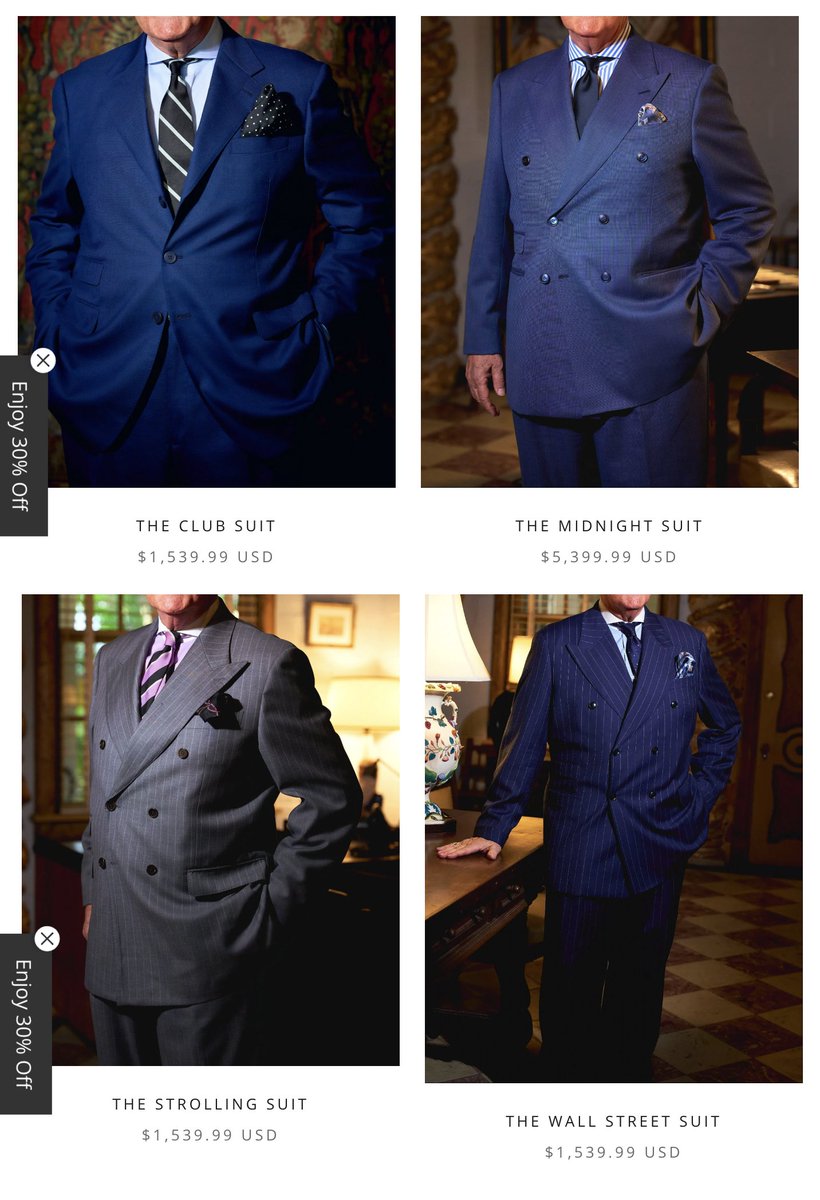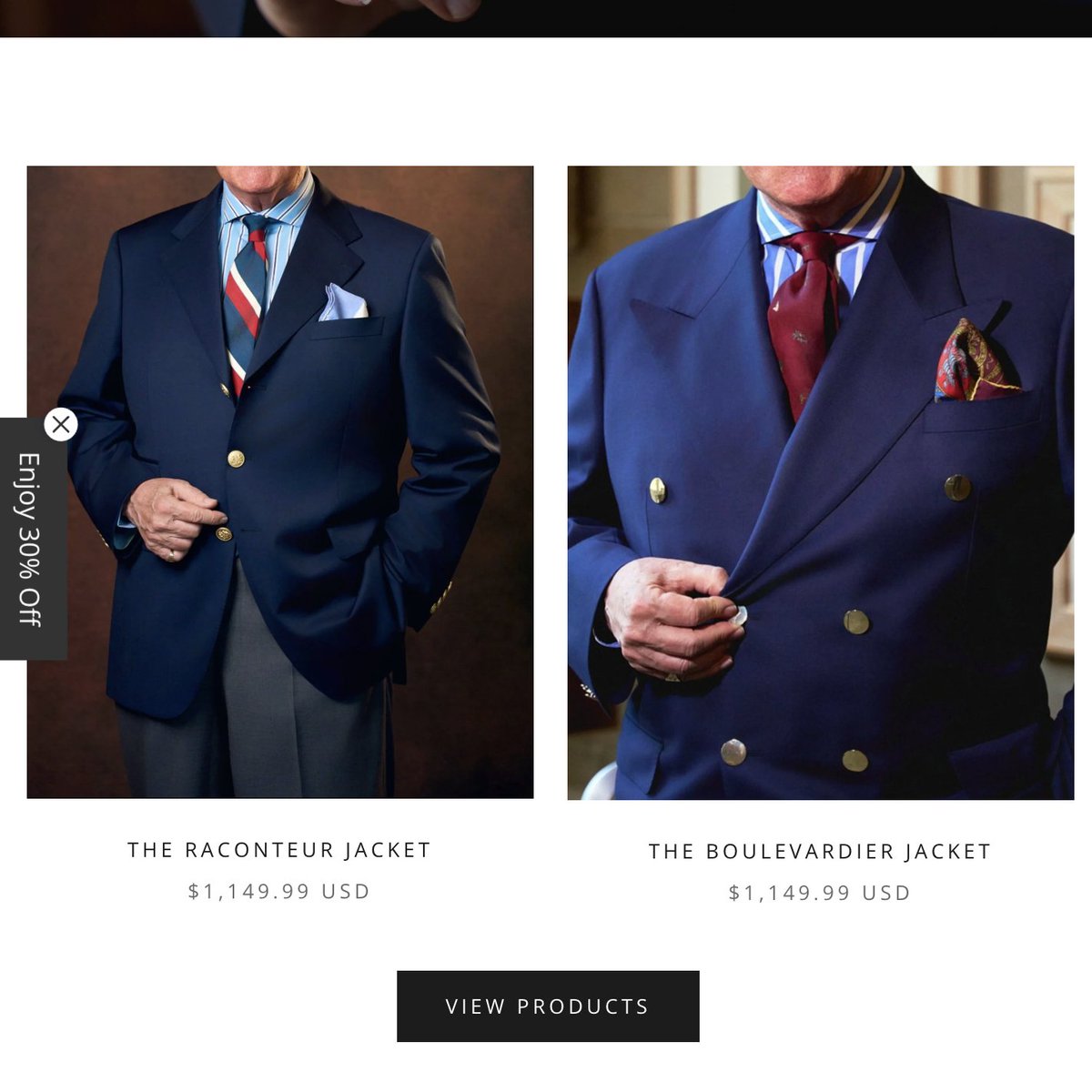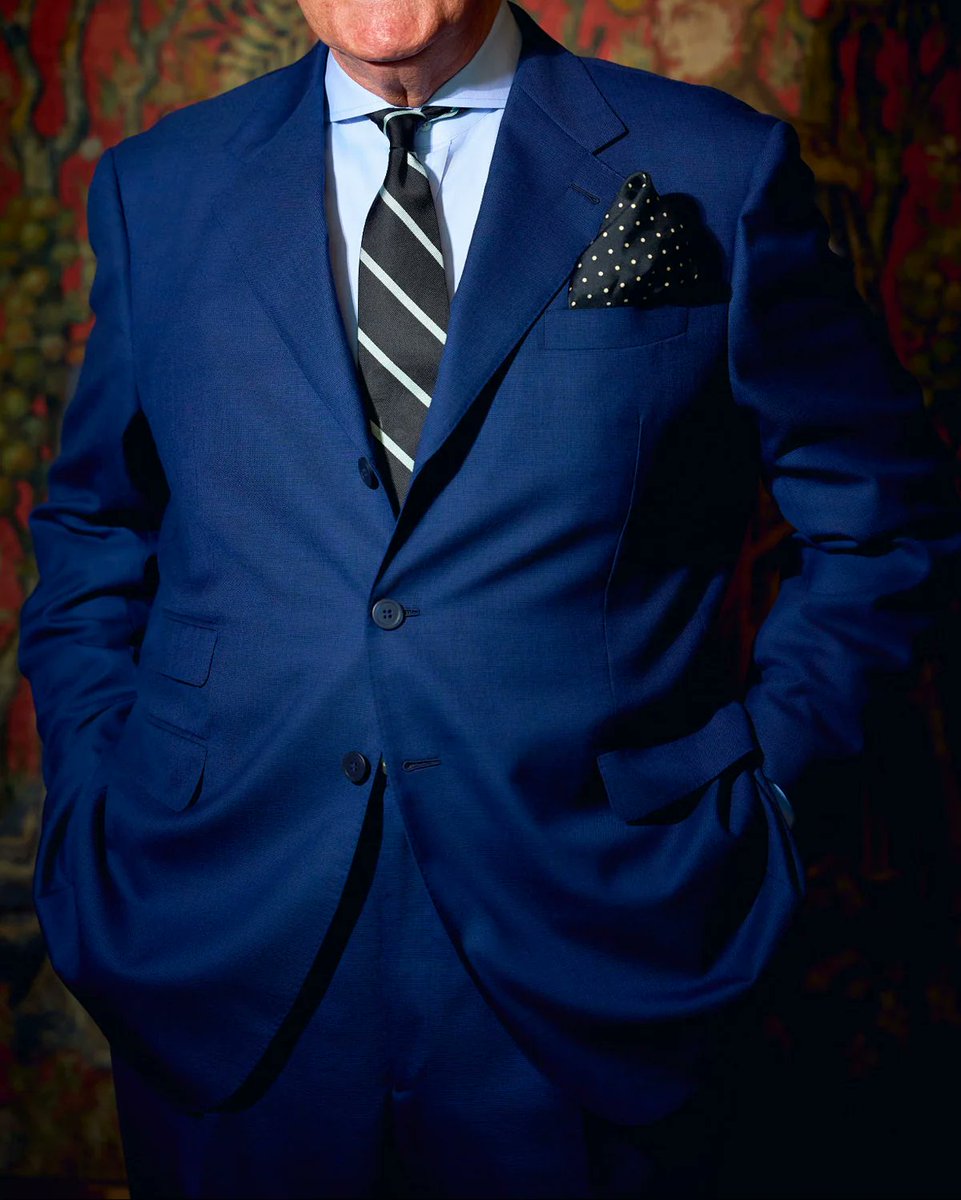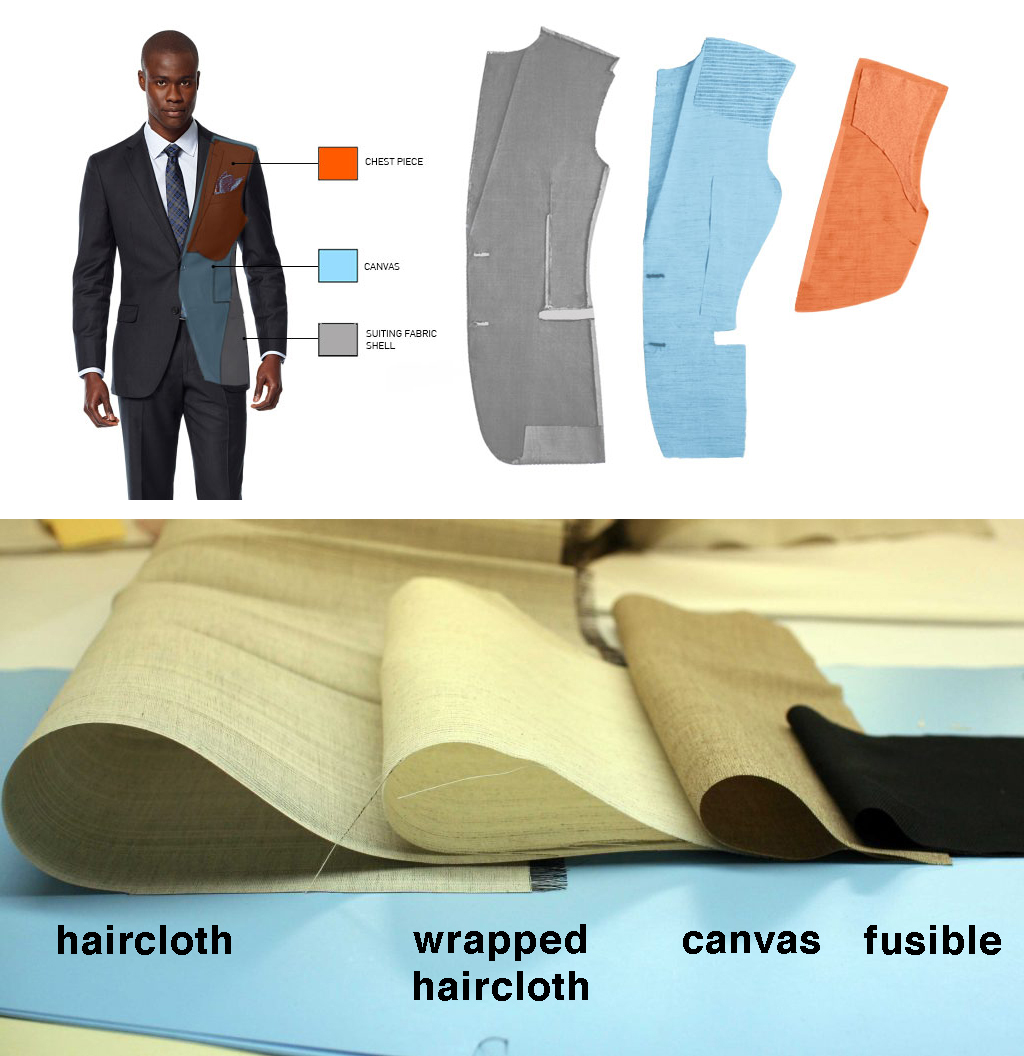First, let's start with some basics. Most people don't know their shoe size. They are often basing their size on what they wore in cushy sneakers at age 16. This is not your true shoe size.
Wear clean socks, go to a store, and ask to be measured on a Brannock device.
Wear clean socks, go to a store, and ask to be measured on a Brannock device.
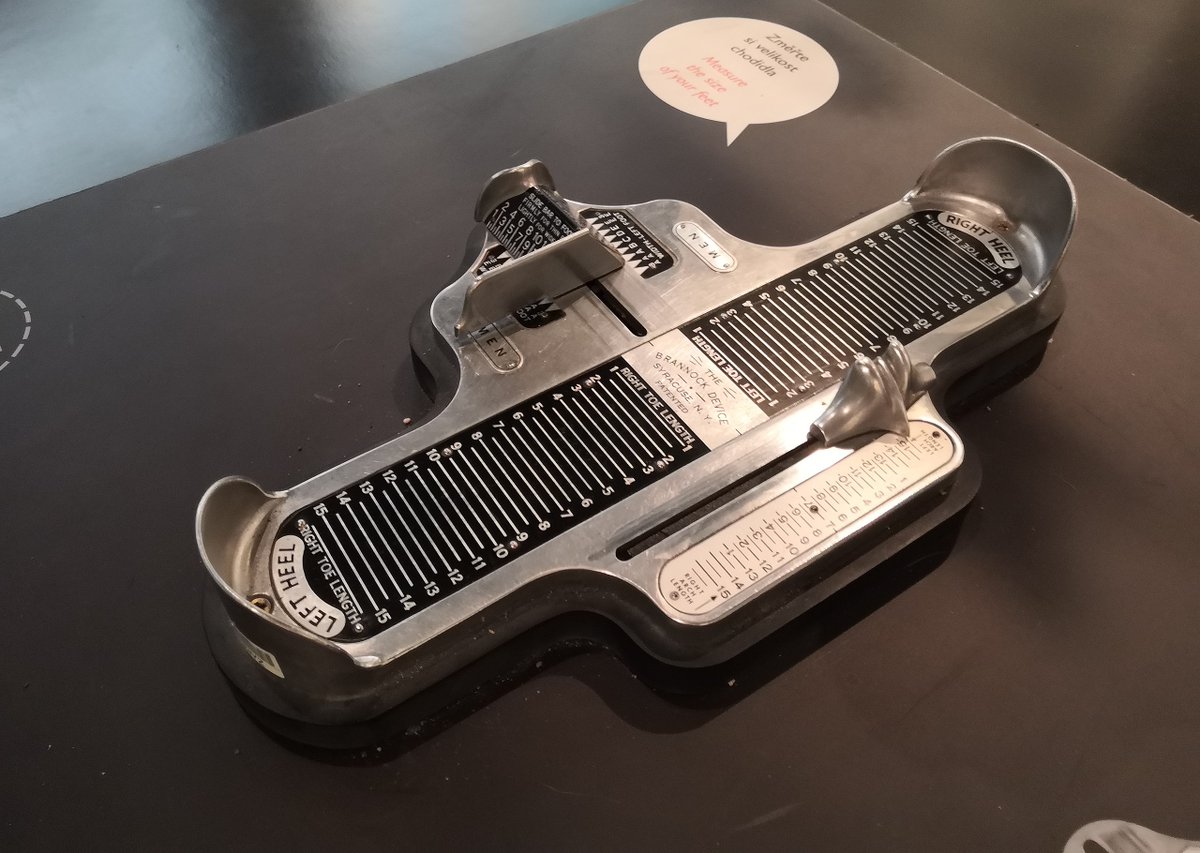
This will give you a number (length) and letter (width). While different shoe companies use different sizing systems, your Brannock size will give you a starting point for finding your actual size in any shoe brand and shoe model.
Second, know what's a "last." A last is a wooden or plastic form on which the uppers are pulled. It determines the shape of your shoes and whether they fit. Your challenge is finding the lasts that are right for your feet.


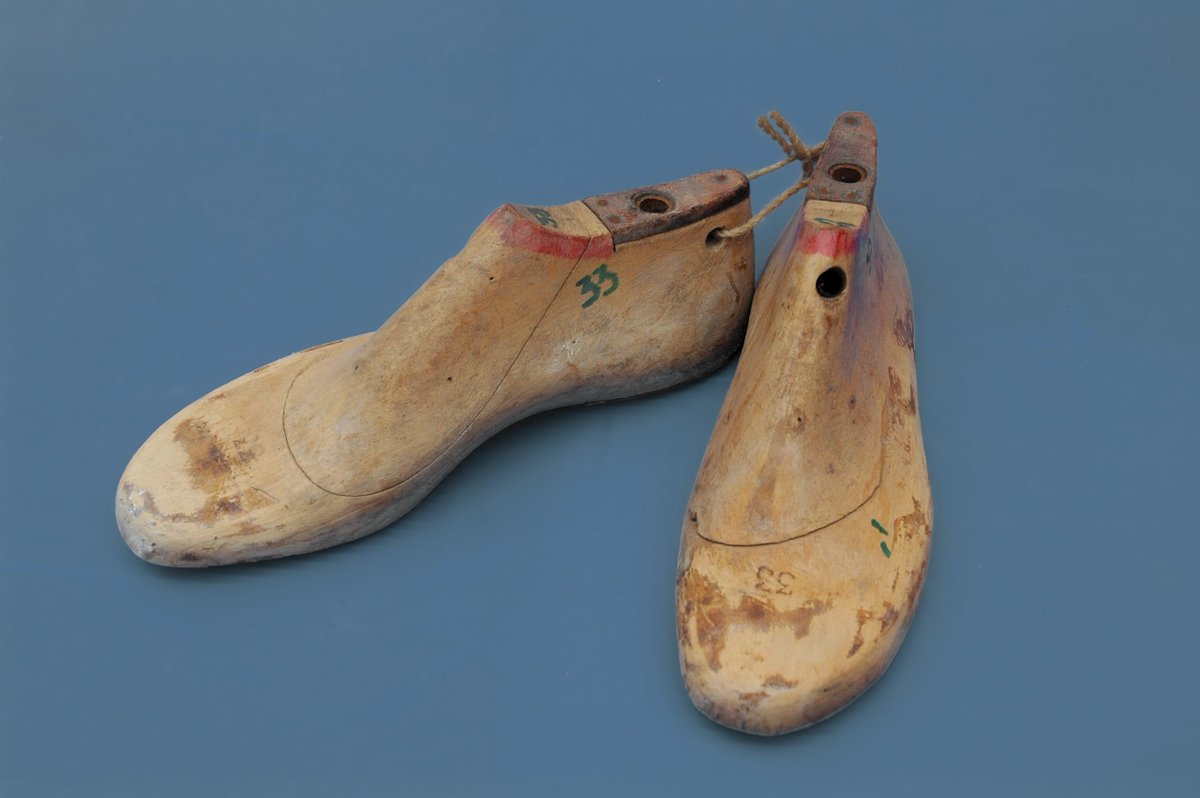
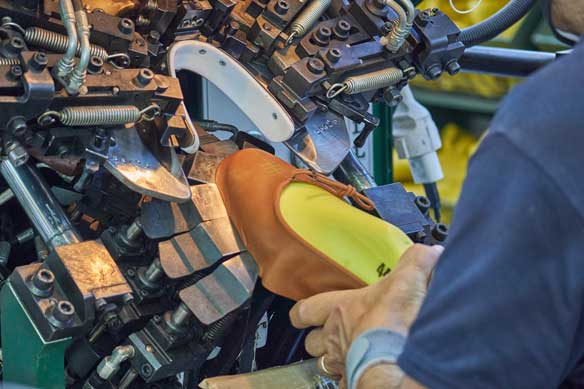
The only way to do this is by trying on different shoes and figuring out your particular set of fit challenges. It helps to know the name of a last (e.g., Barrie or 606) and identify your fit problems. Then, use that information to find better lasts. 
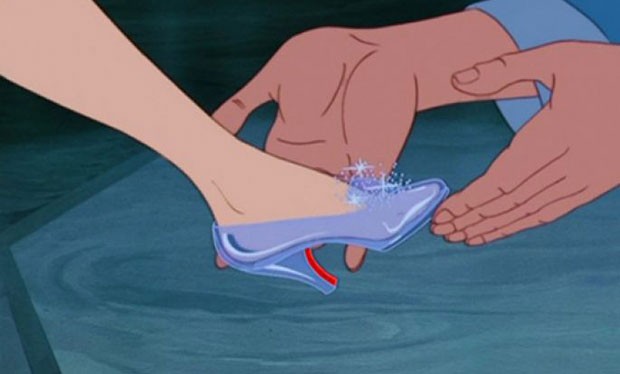
Let's now identify some common fit problems.
If your shoes are creasing too close to the tip, they are likely too big. This is easier to see on shoes with cap toes. The creasing should never cross into the cap toe.
Left: good
Right: bad


If your shoes are creasing too close to the tip, they are likely too big. This is easier to see on shoes with cap toes. The creasing should never cross into the cap toe.
Left: good
Right: bad
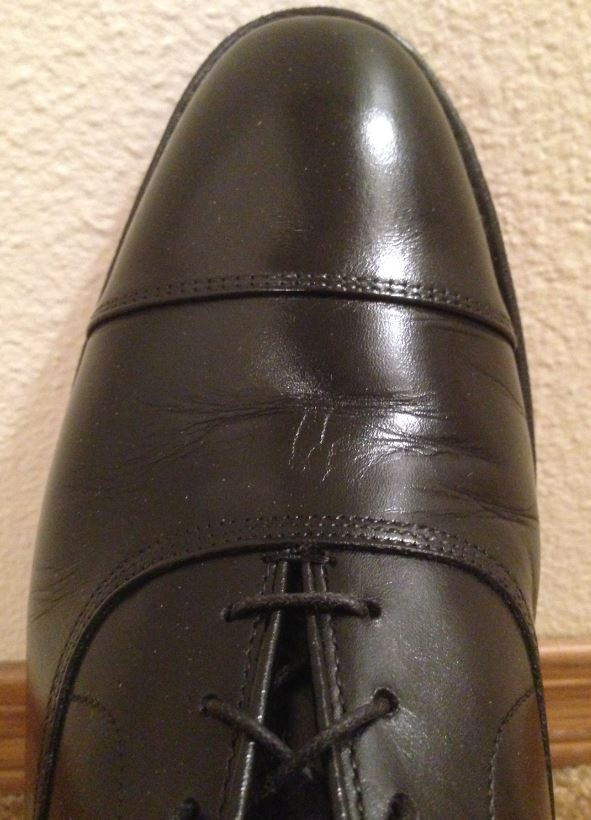
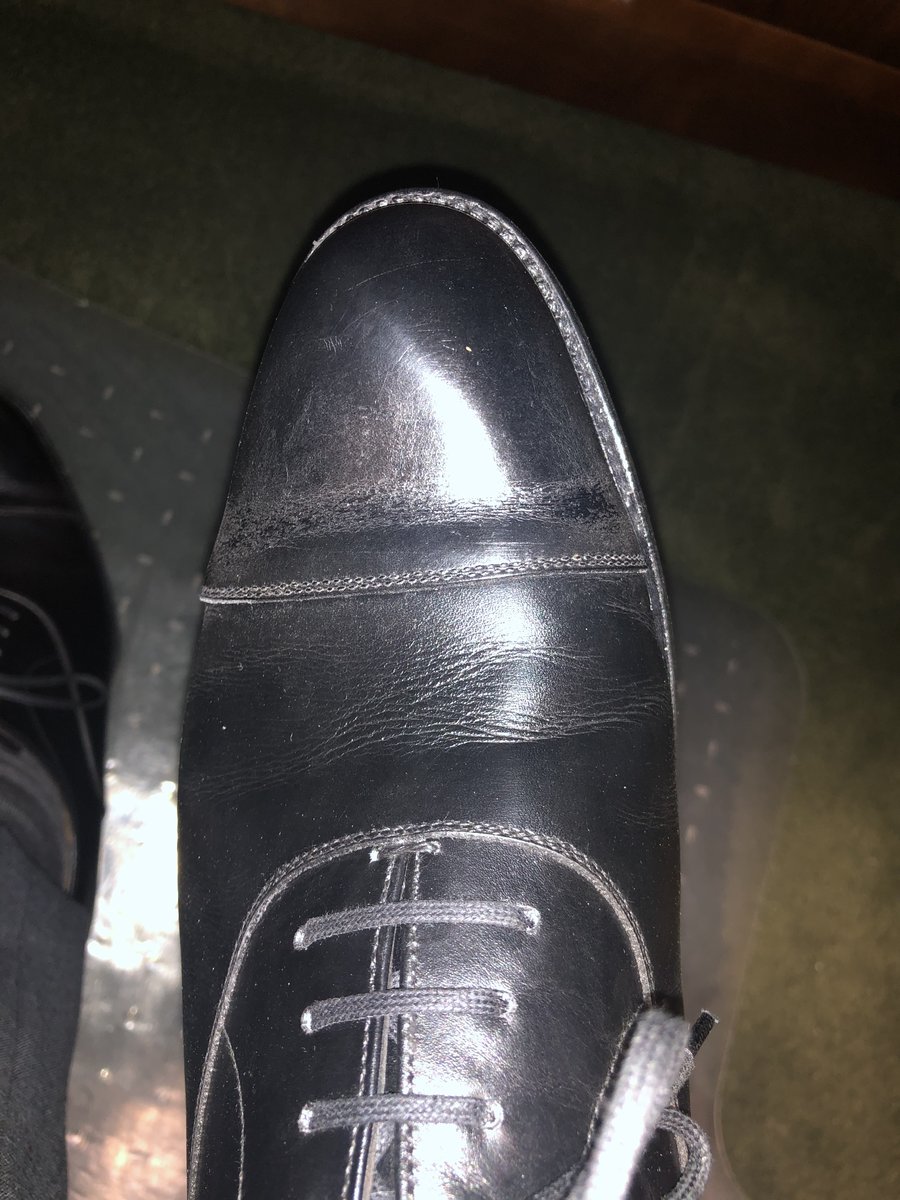
The creasing should take place closer to where the first illustration says "vamp." It should not take place where the second illustration says "toe cap."


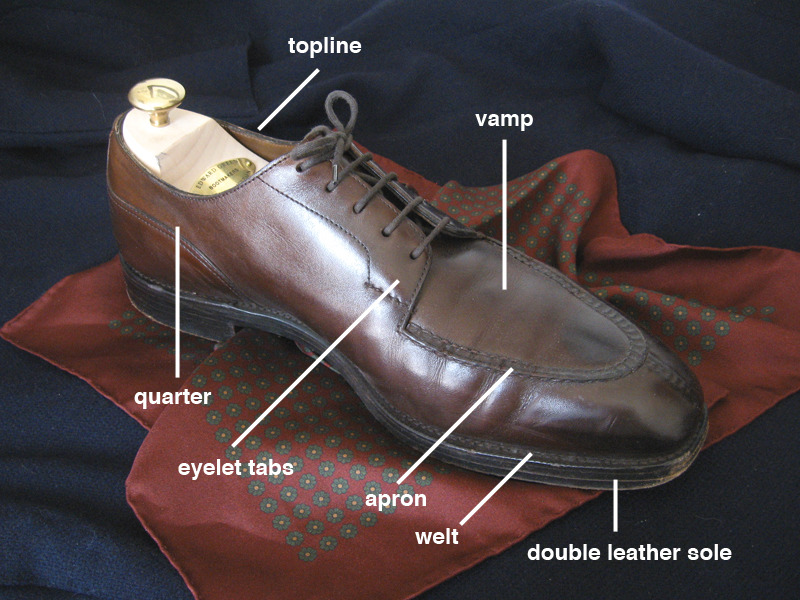
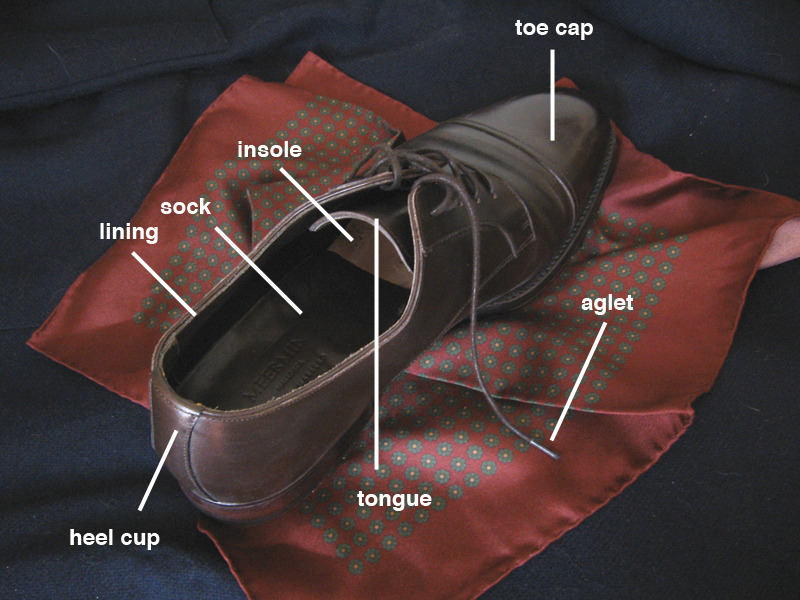
Shoes should feel snug but not painful. You should not experience any heel slippage. Obviously, if you can fit a finger down the back of your shoes, they are too big. (Sometimes, I see people walking with shoes that look like they're about to flop off their feet.) 
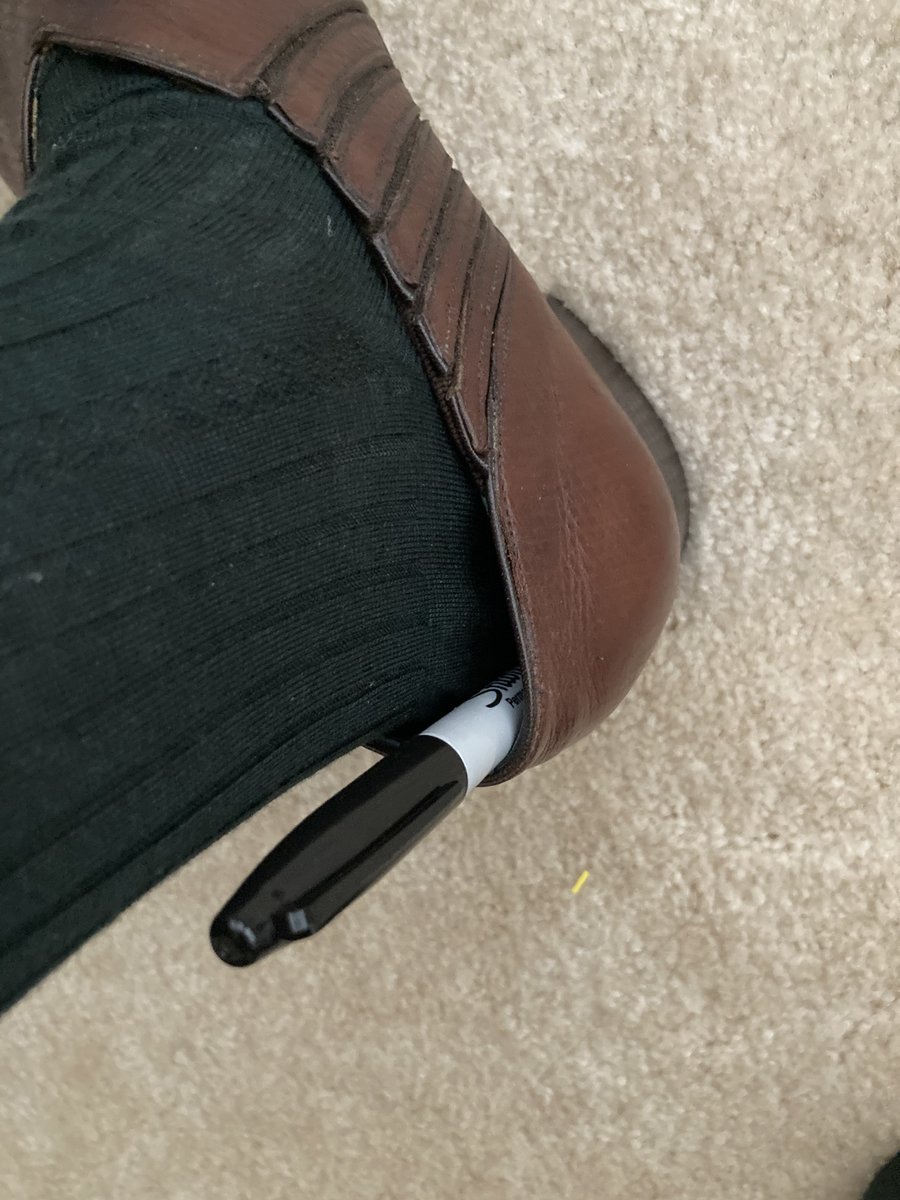
The exception is hard-bottom slip-ons or pull-ons, such as loafers and cowboy boots. Since these don't have laces, there is often some heel slippage in the beginning. Once the shoes are broken in, the soles will be a lot more flexible, and the heel cup should hug your foot.


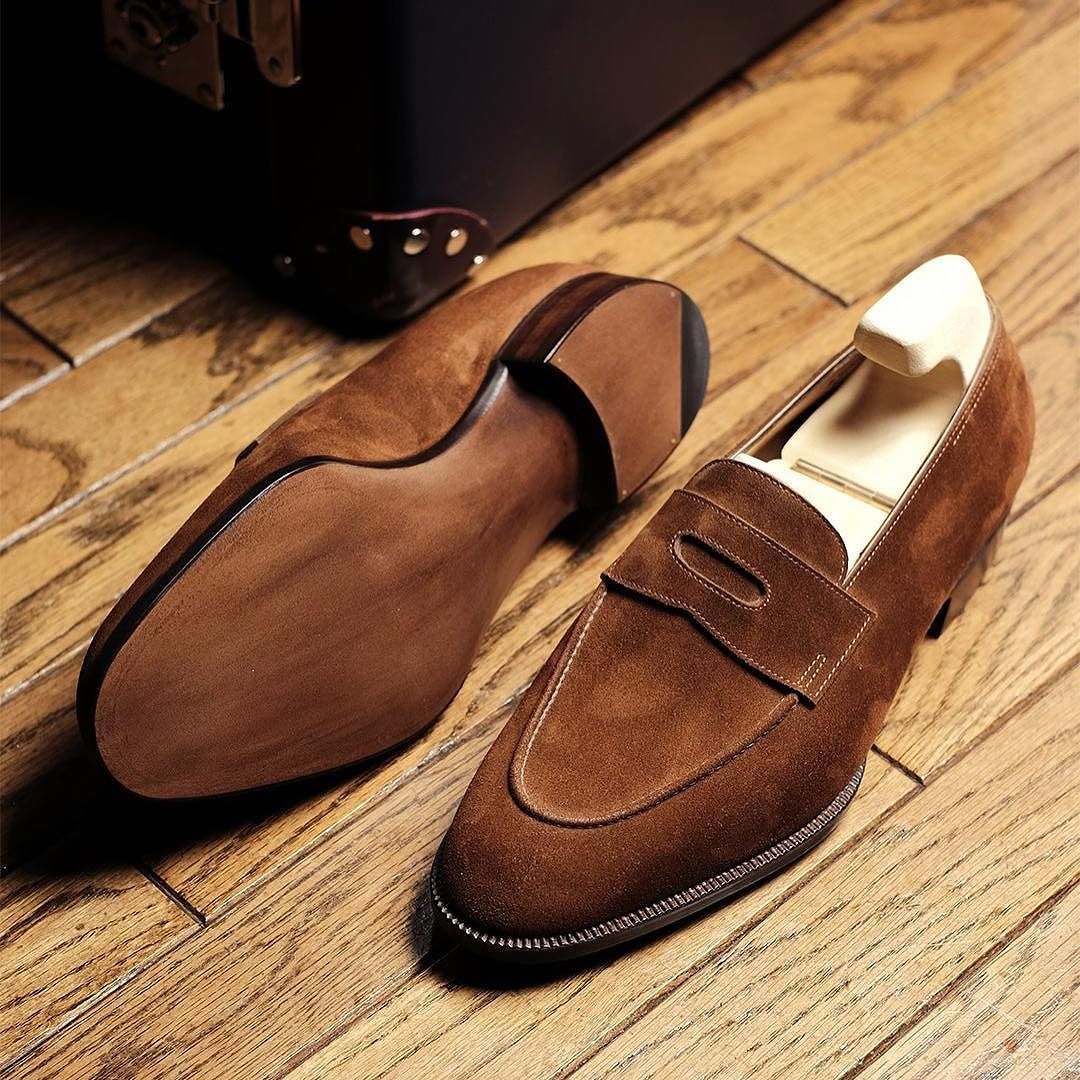
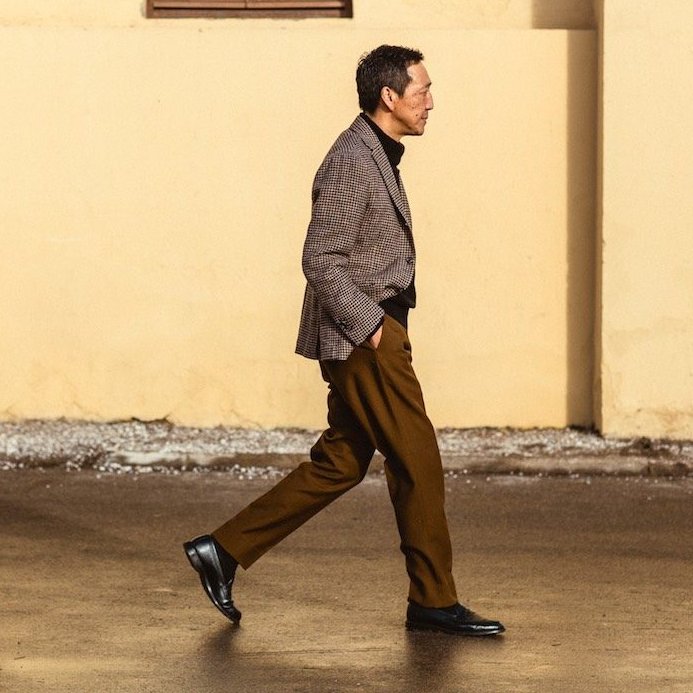
If you don't have a lot of experience wearing these types of shoes, it can be hard to gauge what's an acceptable level of heel slippage in the beginning. If possible, it's best to buy these types of shoes in front of a good sales associate who can fit you in-person. 
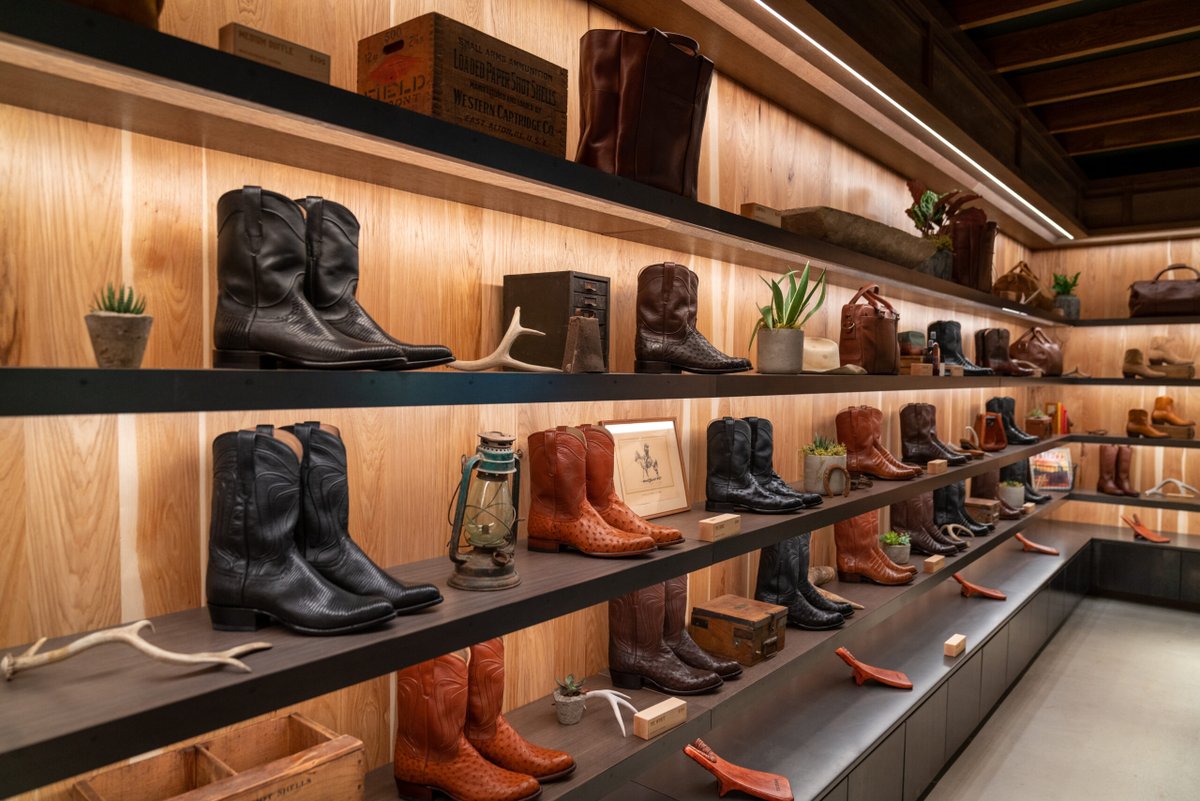
When trying oxford, pay attention to the facings.
Let me explain two terms here: the term facings refers to the part of the shoe that holds the eyelets (labeled "blind eyelets" below). An oxford is a lace-up shoe where the facings are sewn into the vamp. This is an oxford:
Let me explain two terms here: the term facings refers to the part of the shoe that holds the eyelets (labeled "blind eyelets" below). An oxford is a lace-up shoe where the facings are sewn into the vamp. This is an oxford:
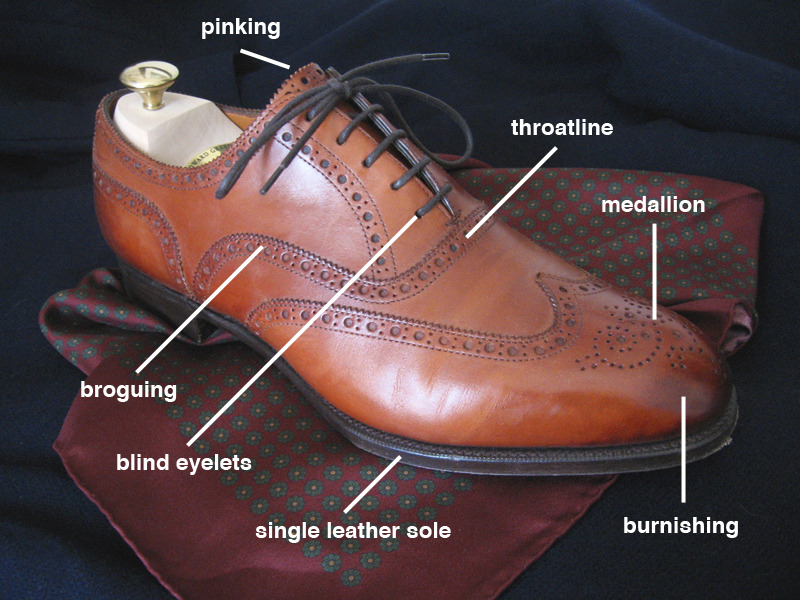
When trying on oxfords, pay attention to how the facings spread. The left shoe's facings are very widely spread, suggesting the wearer has a high instep (the top part of the foot that sits under the facings). The facings on the right are almost touching, suggesting a low instep.


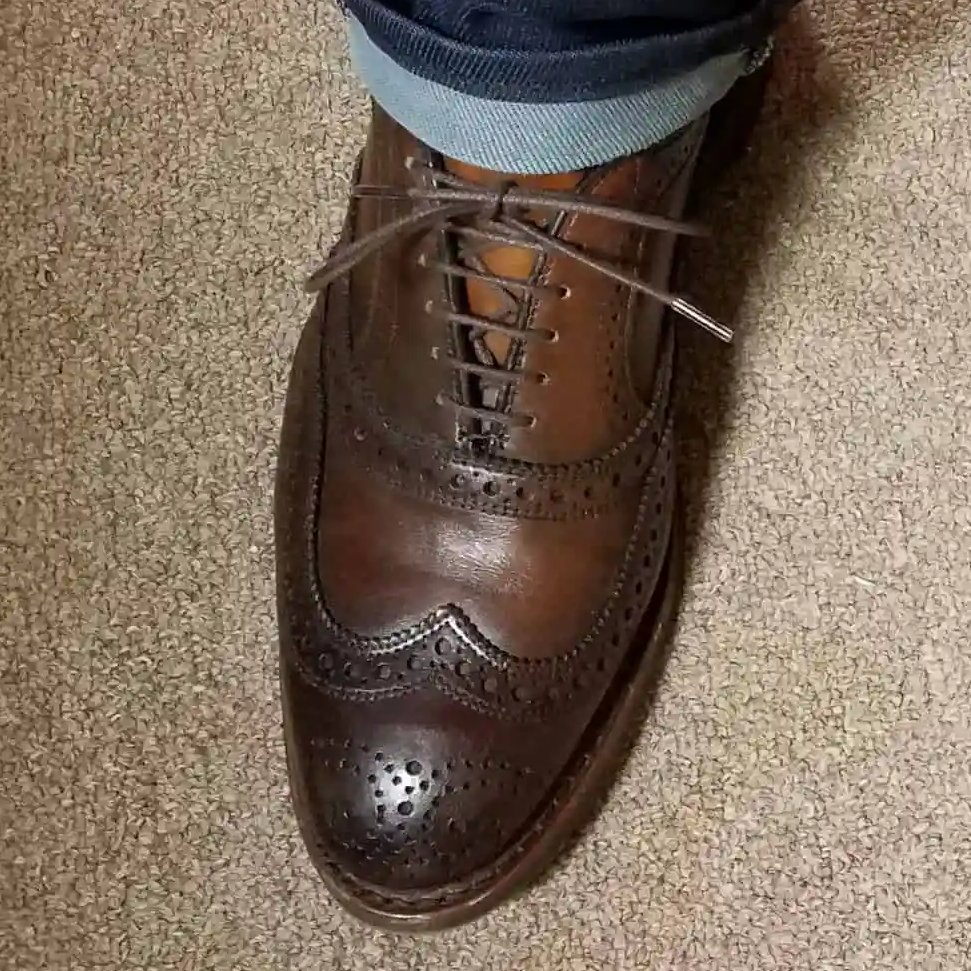
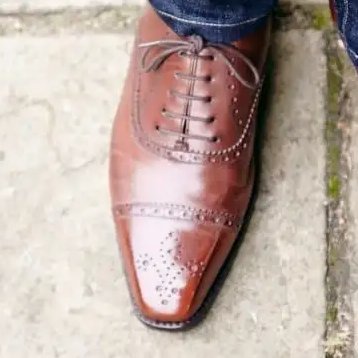
You want something like below. This minimal V-shape is not overly spread or touching. It allows adjustability as your feet change over time. It also ensures that, when your shoes are laced, they don't feel too tight or loose. 
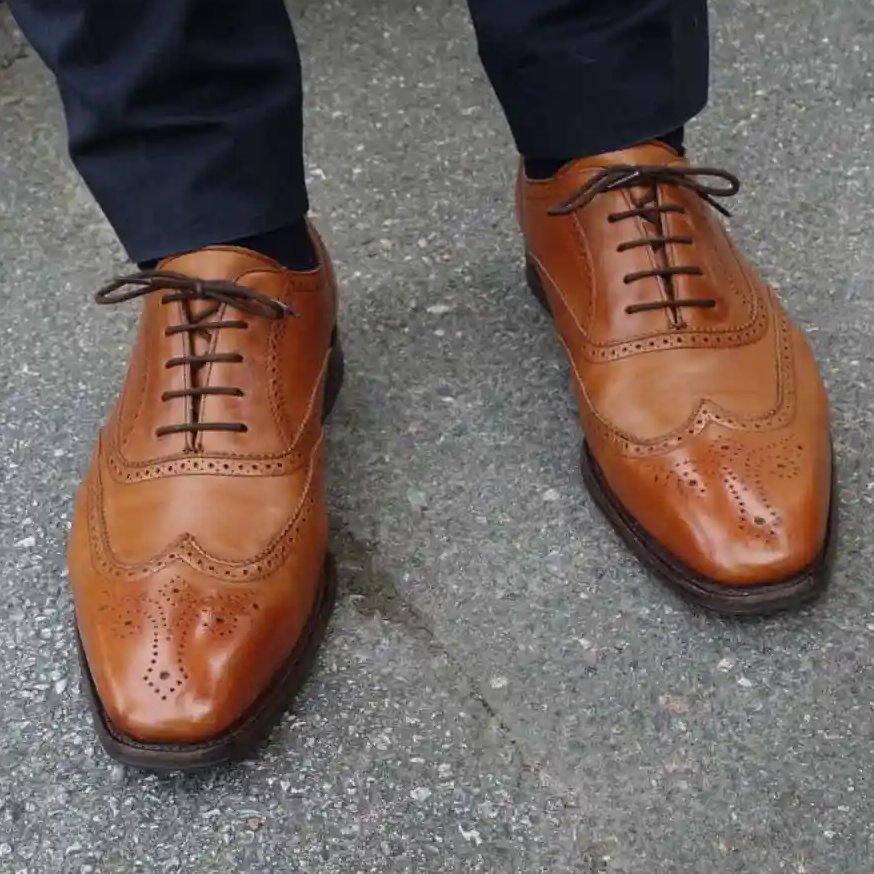
If you feel tightness across the vamp (again, refer to the terminology chart below) or at the sides of the shoe that cover your joints on the side of your big and small toes, it may be that you need shoes in a larger width. 
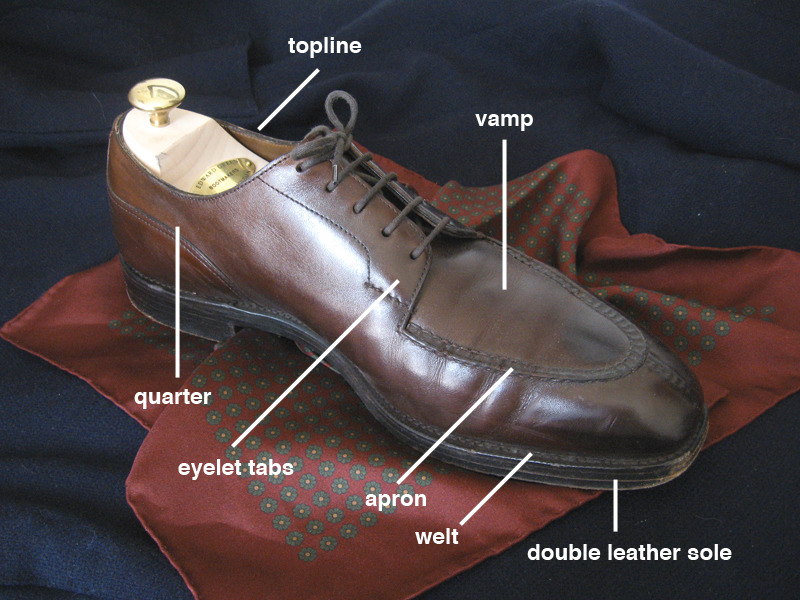
The term width here is a misnomer. People often think it means the width across the sole. However, many manufacturers use the same sole pattern for at least two widths.
Often, width refers to the shoe's circumference around the ball.
Often, width refers to the shoe's circumference around the ball.
That means when you size up in width, you are increasing volume. So for the “smaller” width, the last—which is the wooden form that a shoe’s leather is pulled over in order to take a certain shape—gets shallower, not narrower. 
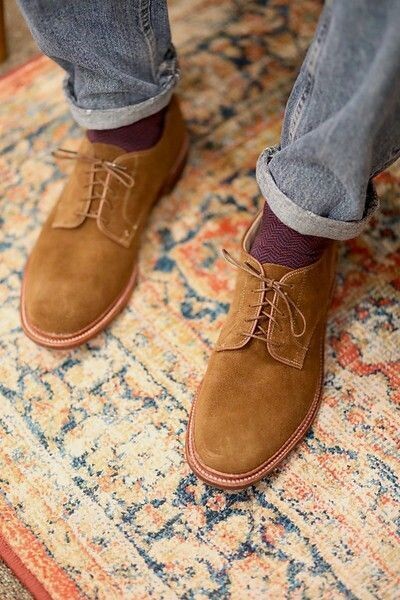
BTW, this info can save you money by allowing you to shop sales. Size up a width and down a length to get the same volume. Or size down a width and up a length to do the same. So if you wear an 8E in UK sizing, a size 7.5EE may wear the same (and often be discounted on sale).
It also helps to know that certain shoes can stretch in certain areas. Suede stretches more easily than calfskin; shell cordovan doesn't stretch at all. Since shoes typically have heel and toe stiffeners, they don't stretch in length. But they can stretch in width and volume.


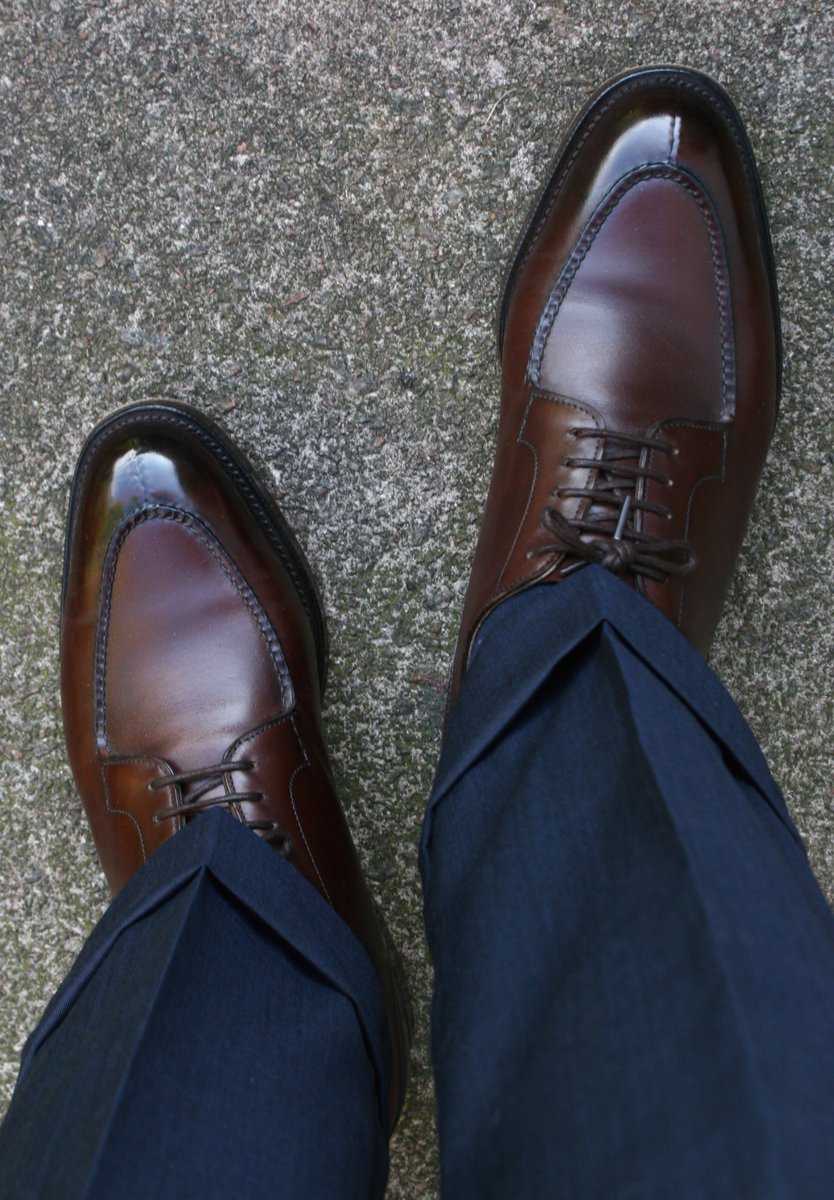
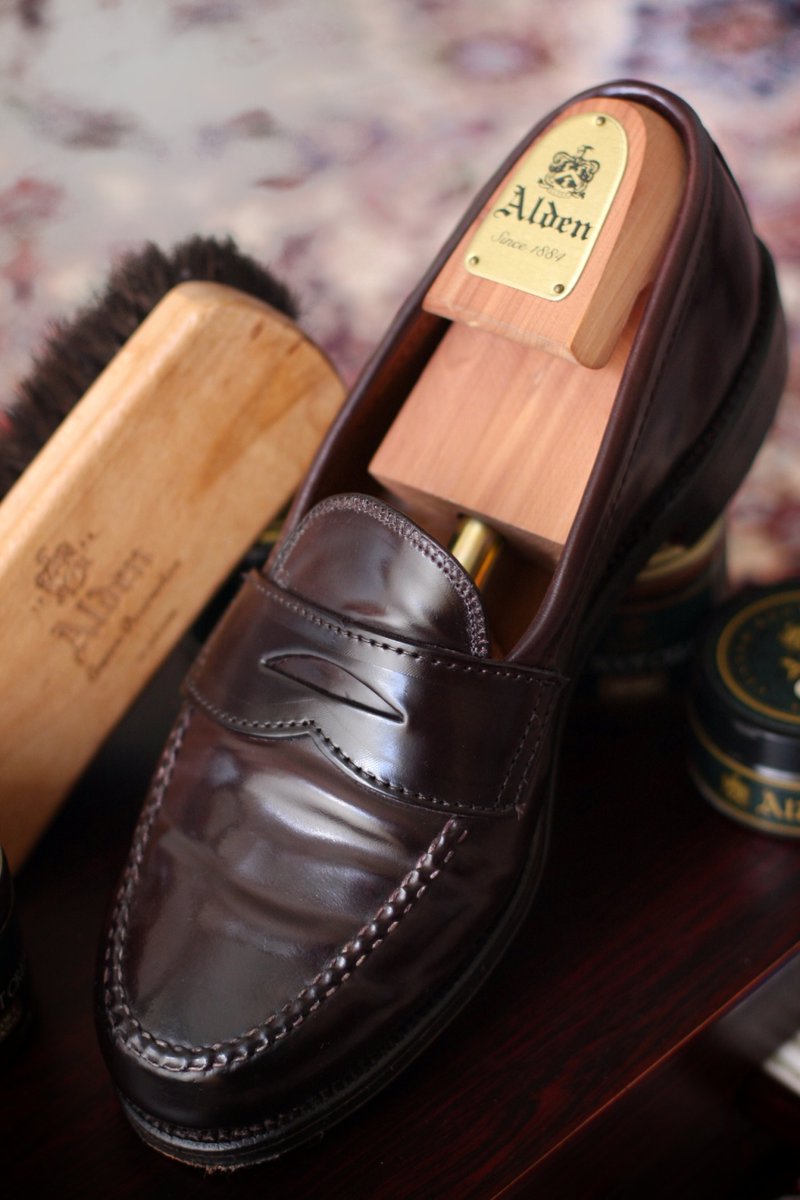
The best way to shop for shoes is to go to a good store and get fitted by an experienced sales associate. If the store sells Goodyear welted shoes, this is a good sign. An experienced salesperson can get you into the right last and size by asking the right questions. 
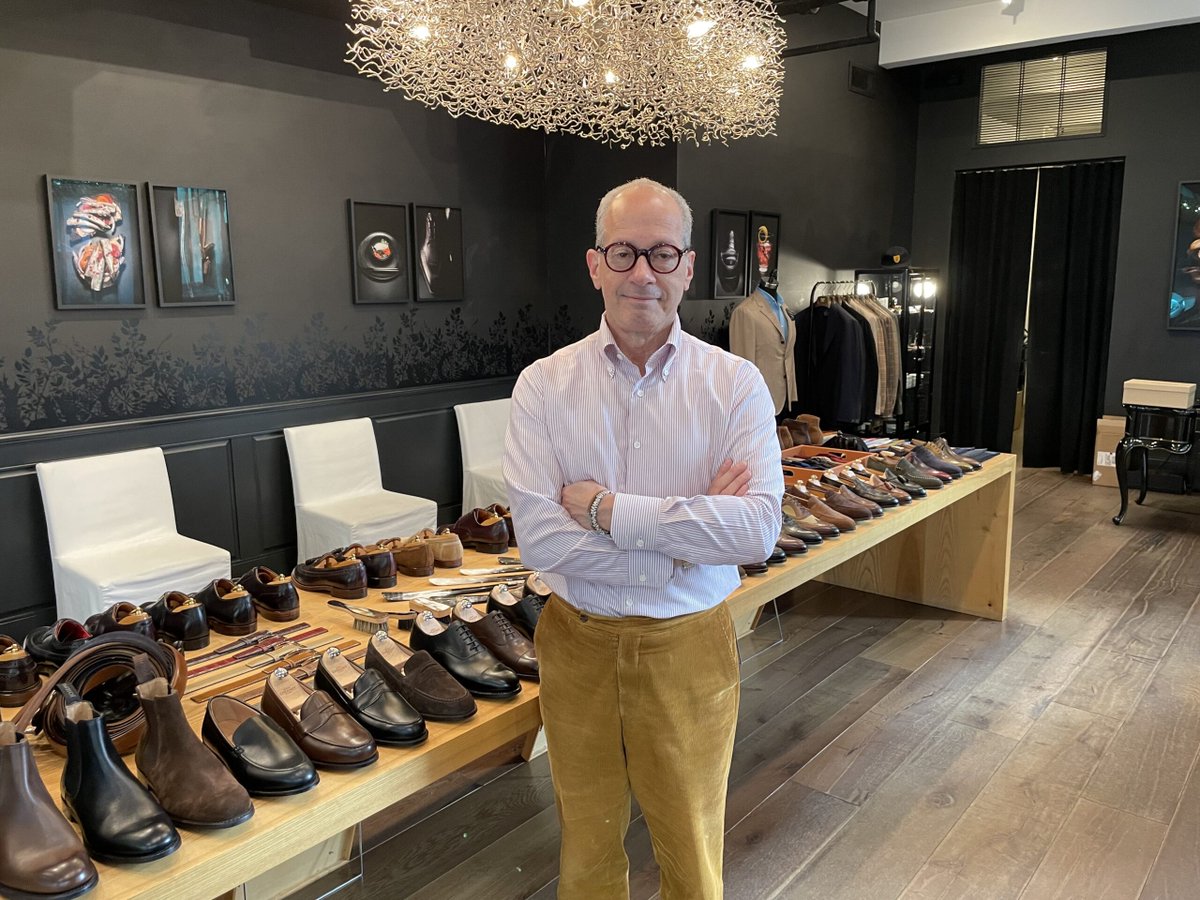
If you don't have good stores near you, shop online from quality retailers and do some online research (StyleForum and Reddit are good resources). If you figure out you're a size 9D in Alden's Plaza last, this information can help you find your size in other lasts.
Finally, don't think that leather shoes have to be uncomfortable. My friend goes fly fishing in the UK countryside. He hikes cross-country for miles to a loch in the hills and wades through bogs. And he does it all while wearing Crockett & Jones Snowden boots. 
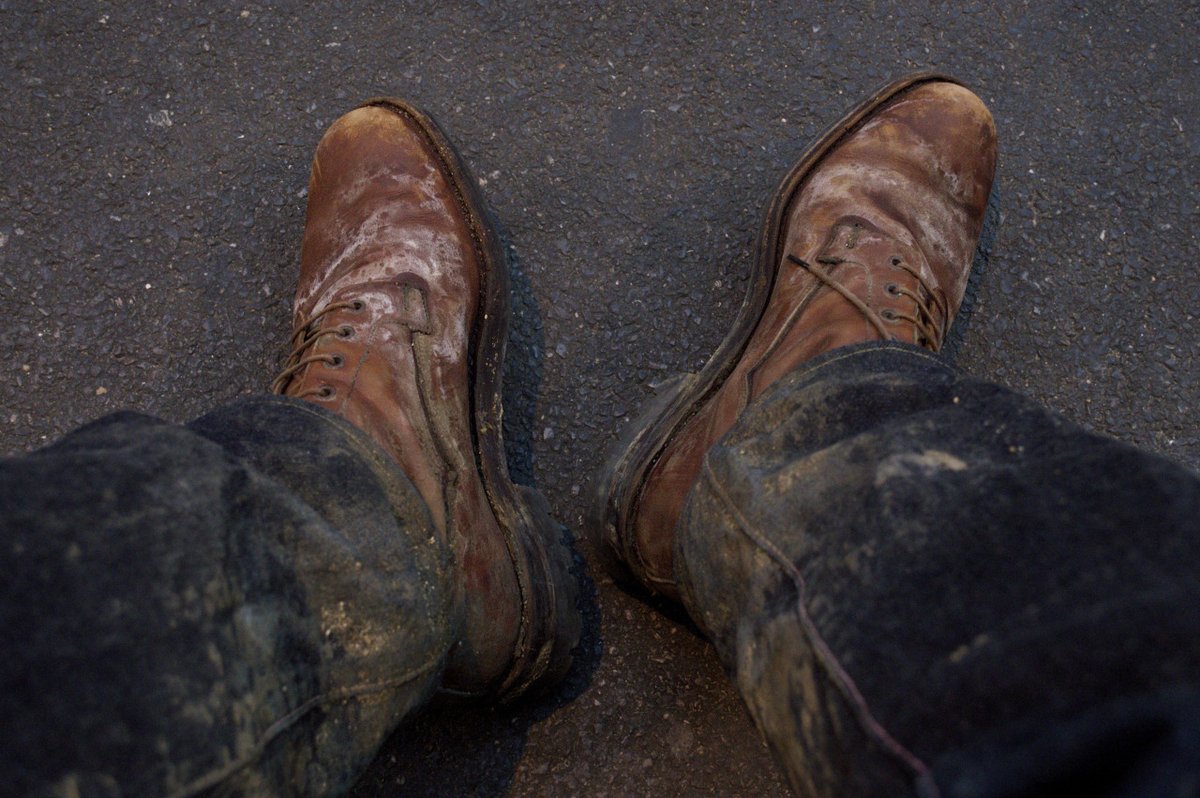
• • •
Missing some Tweet in this thread? You can try to
force a refresh

